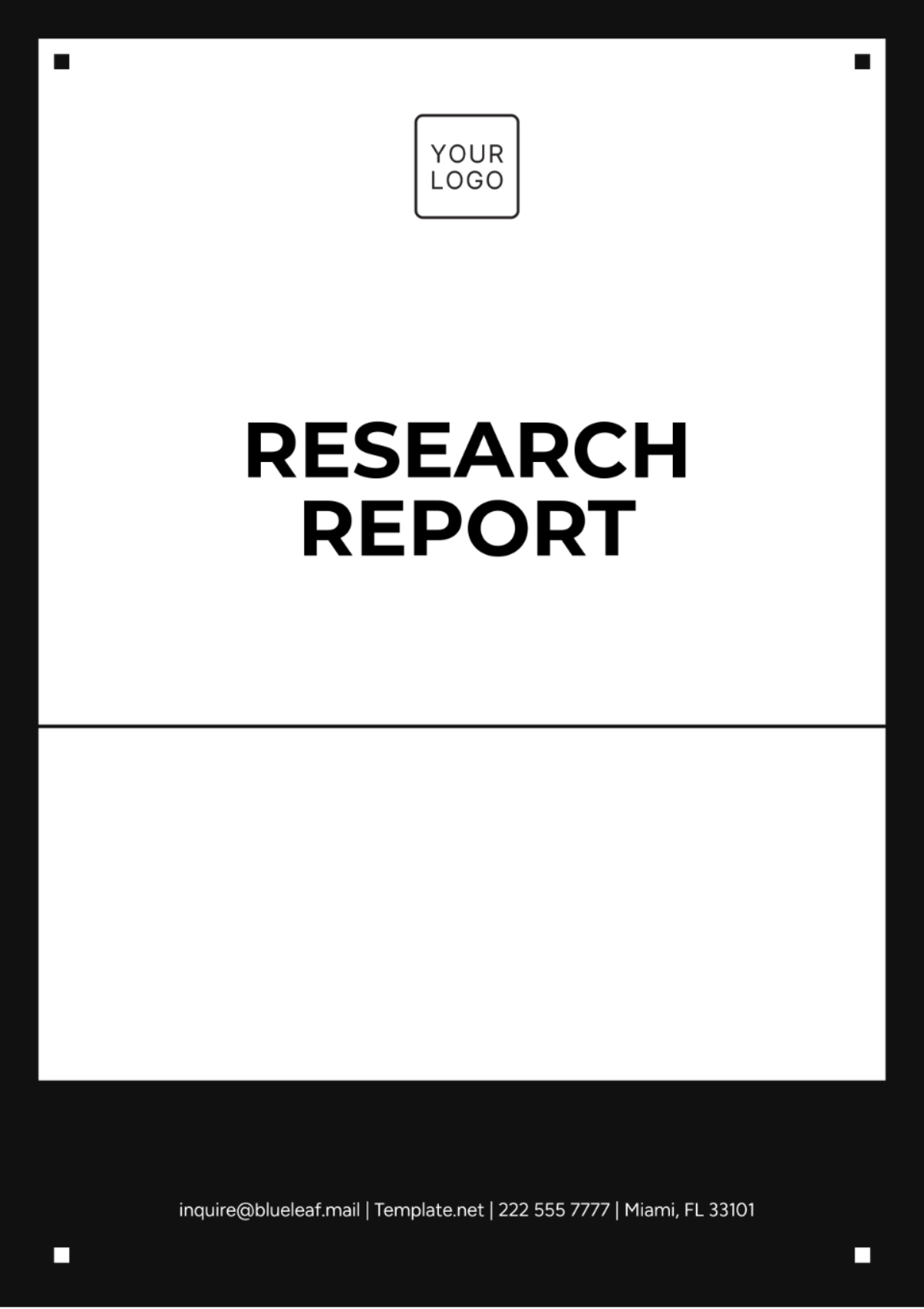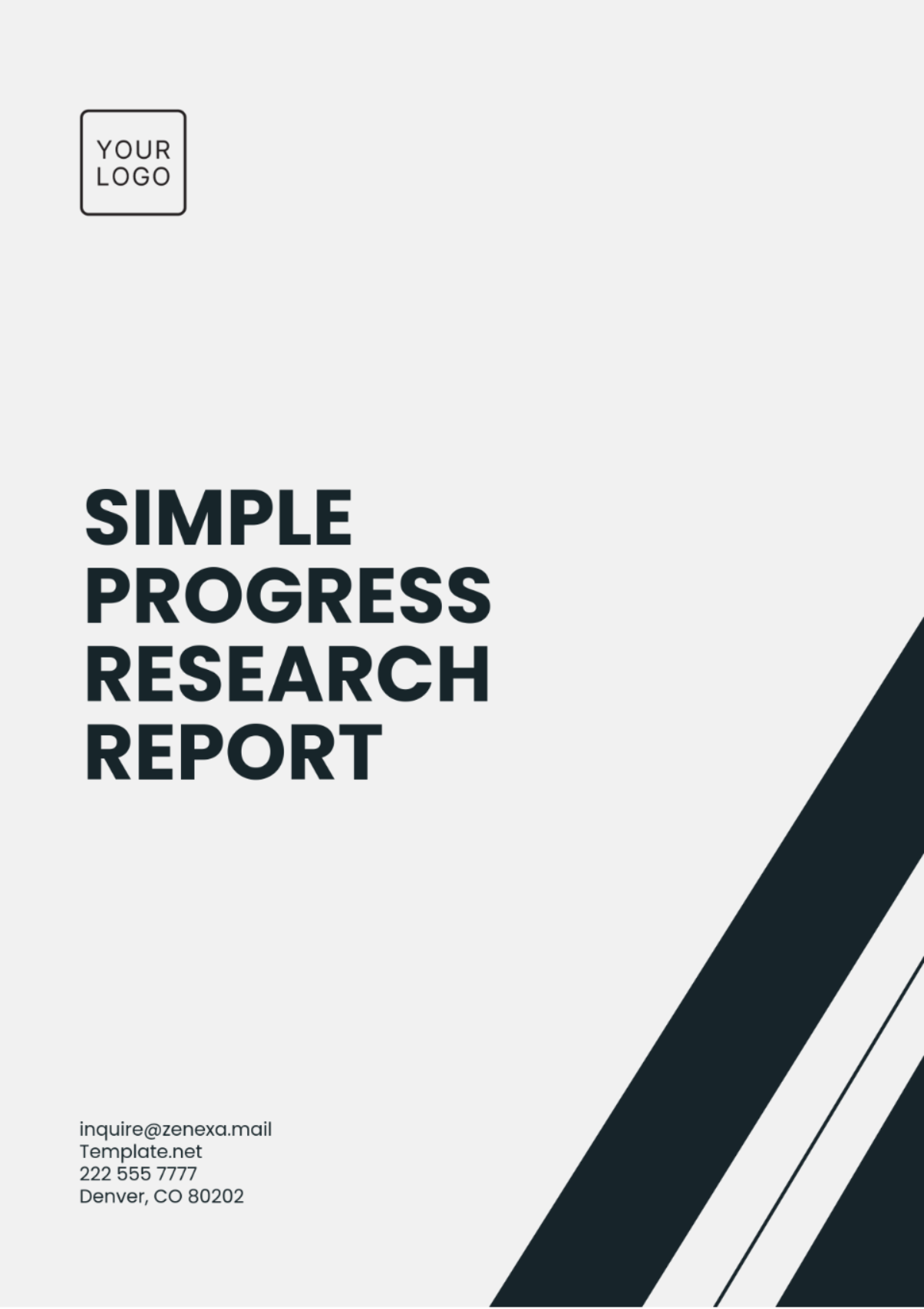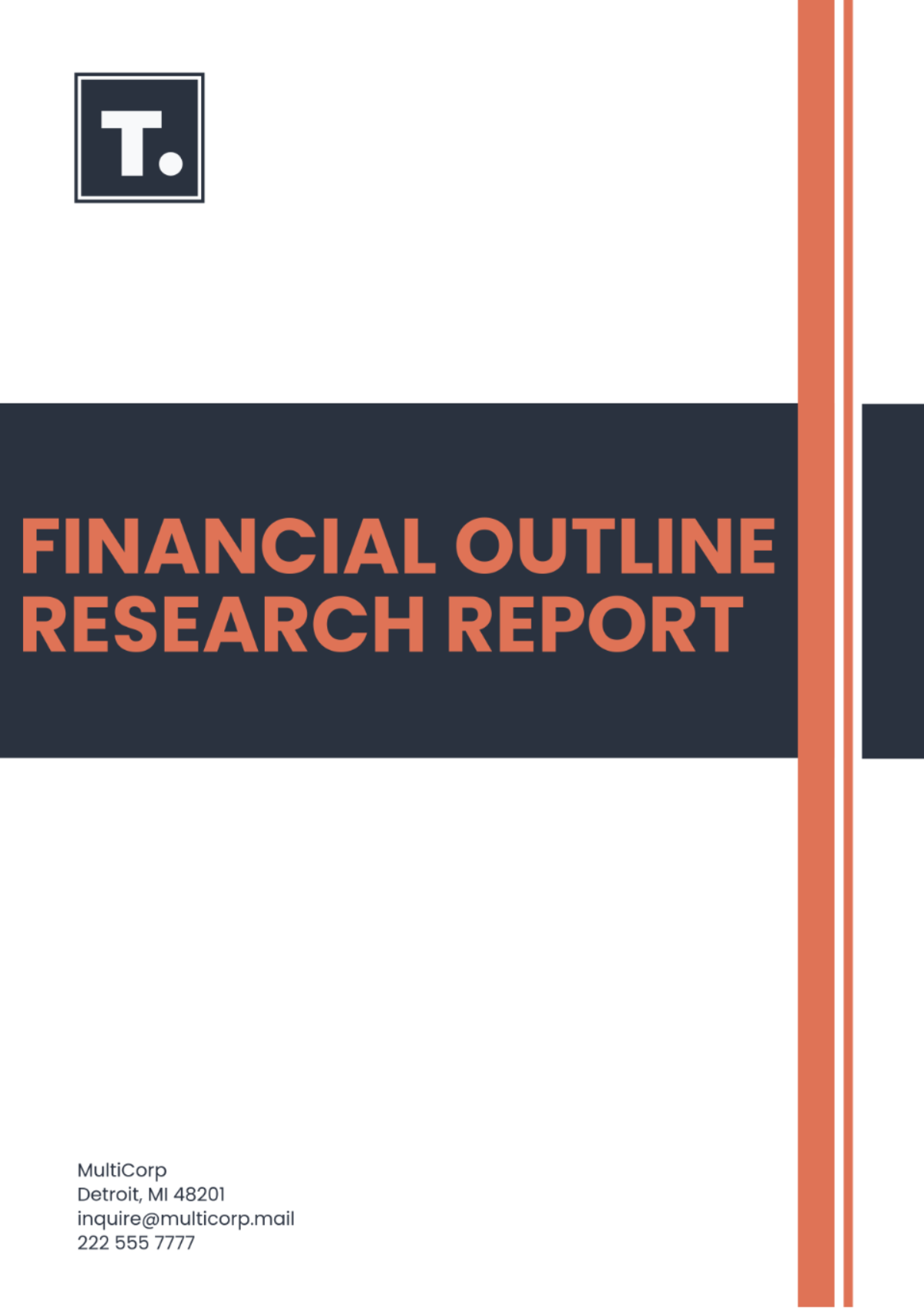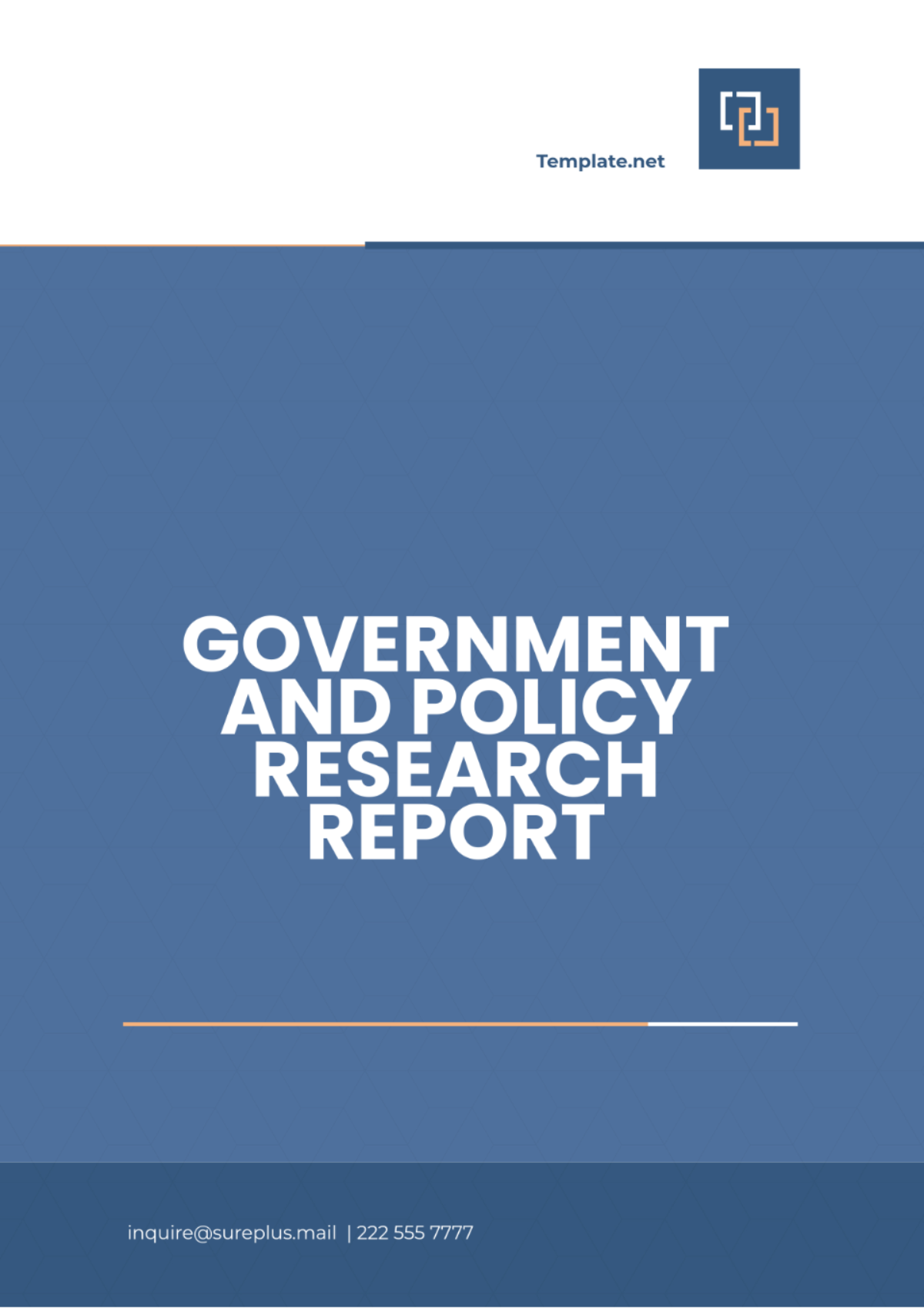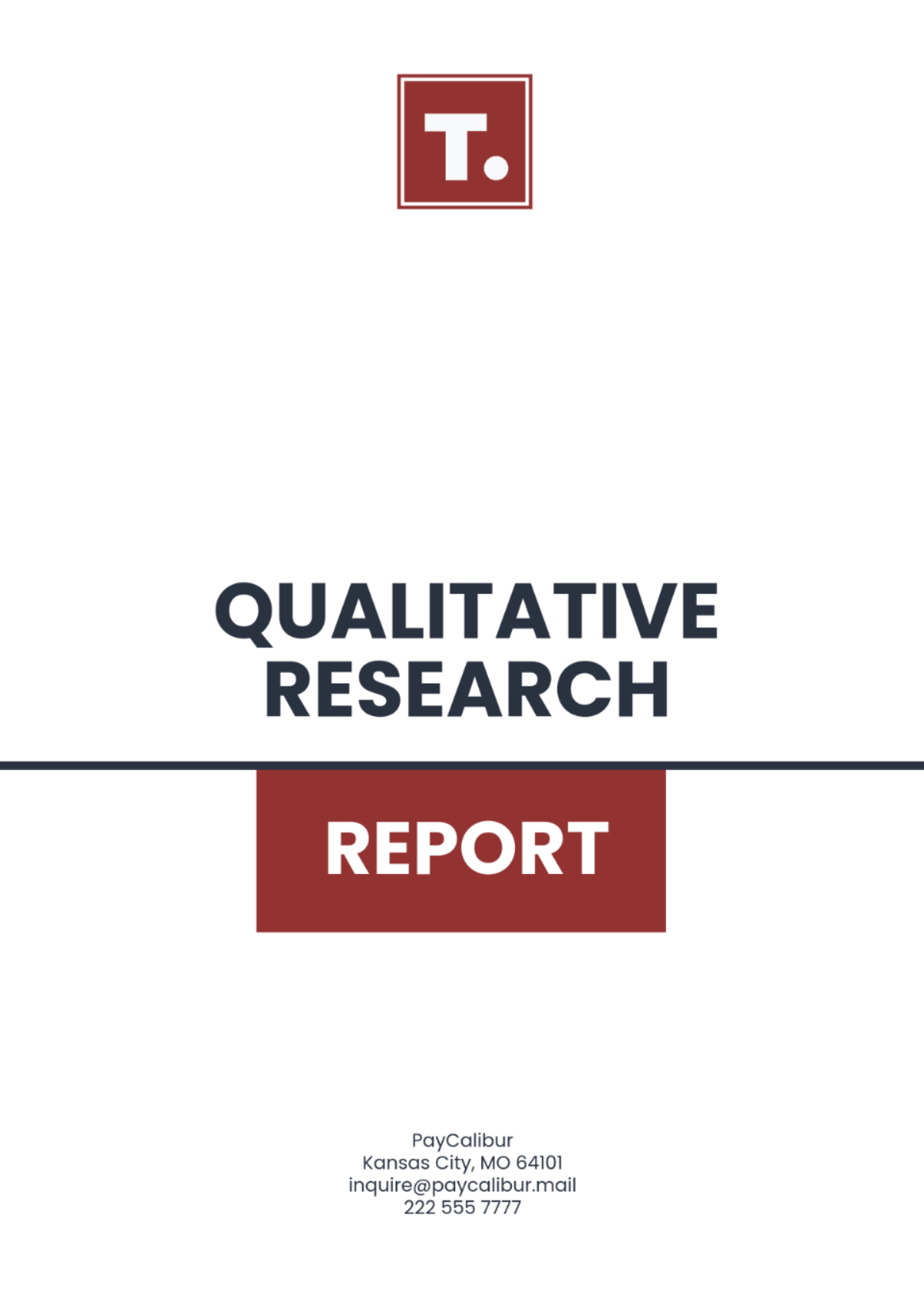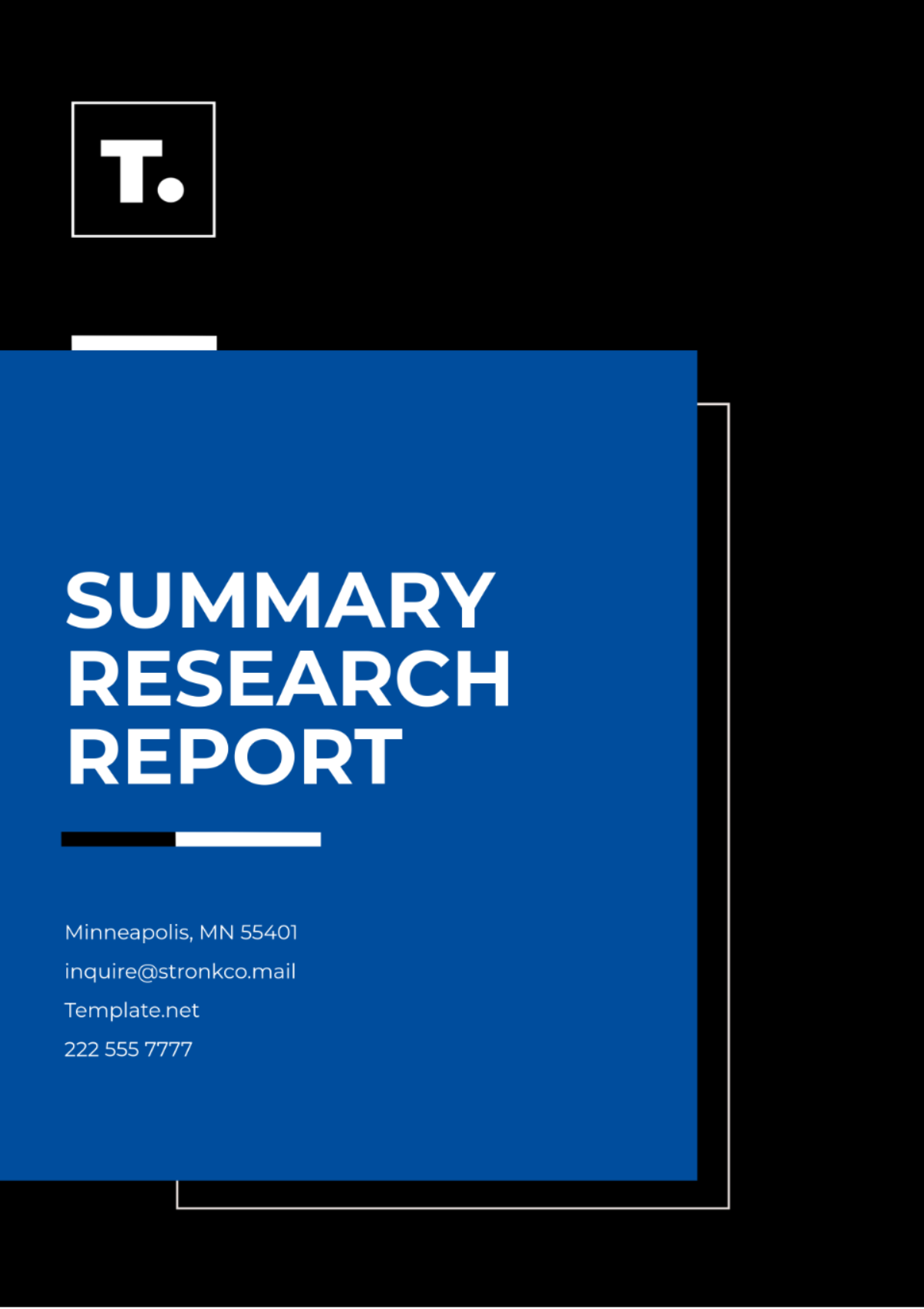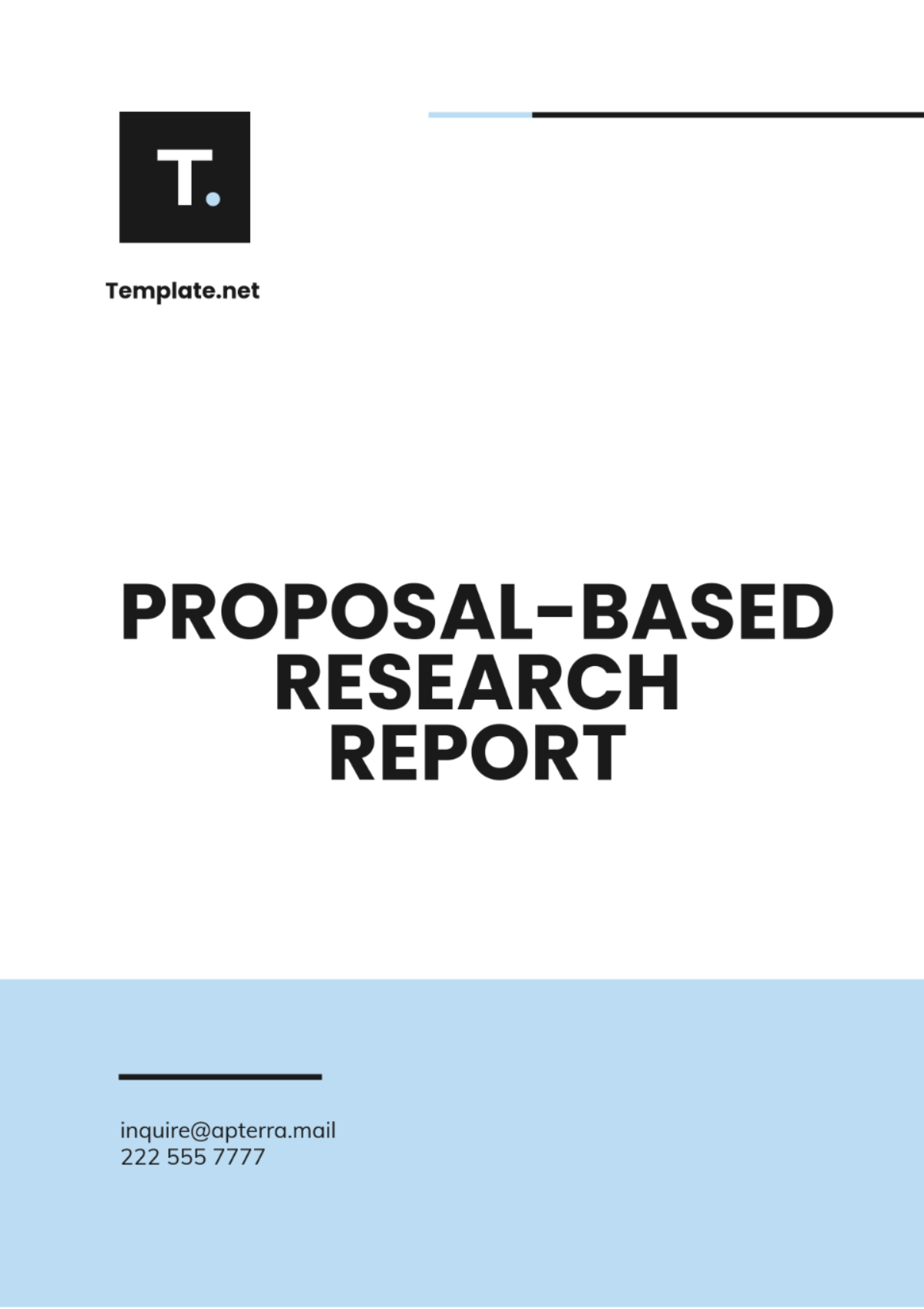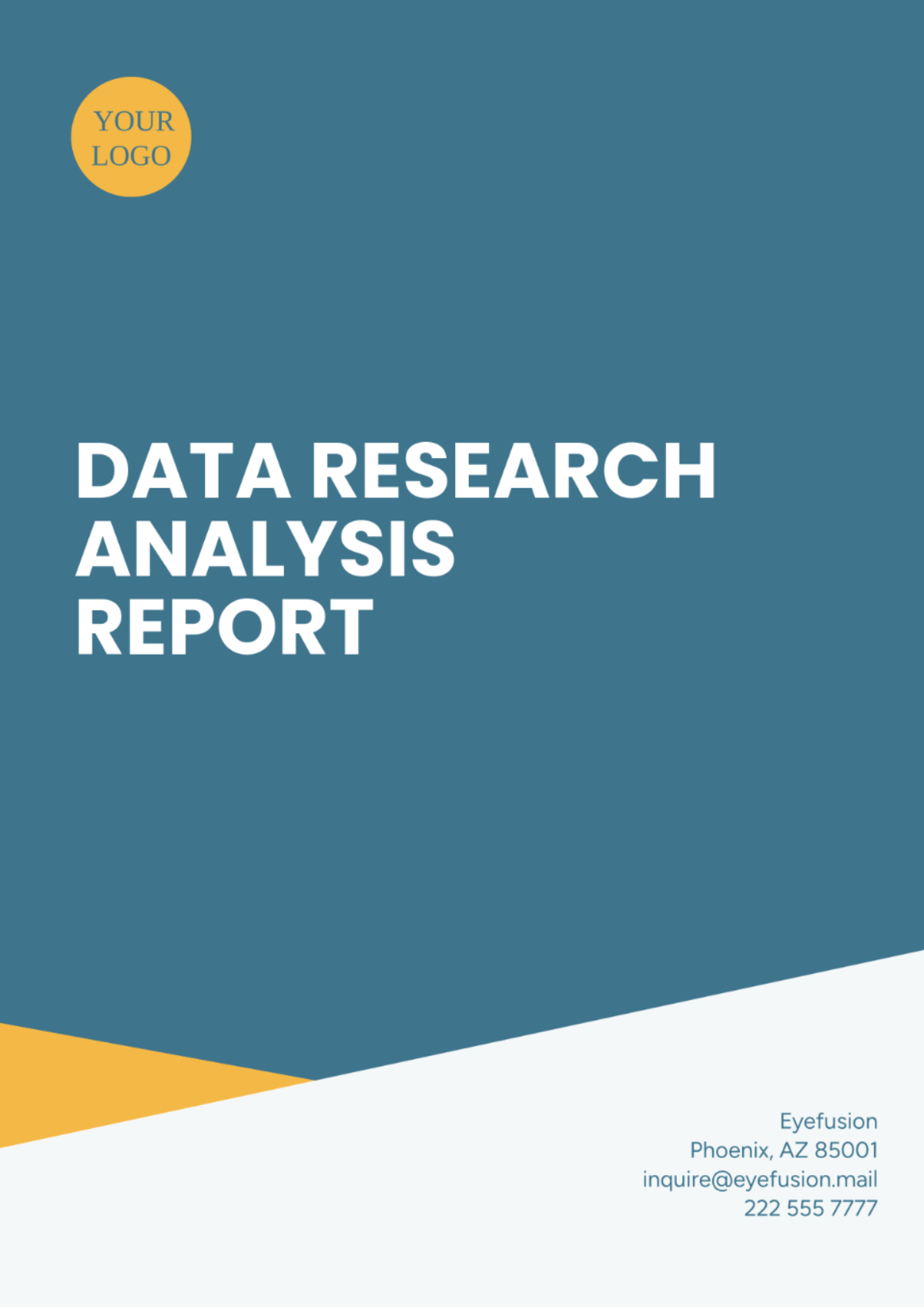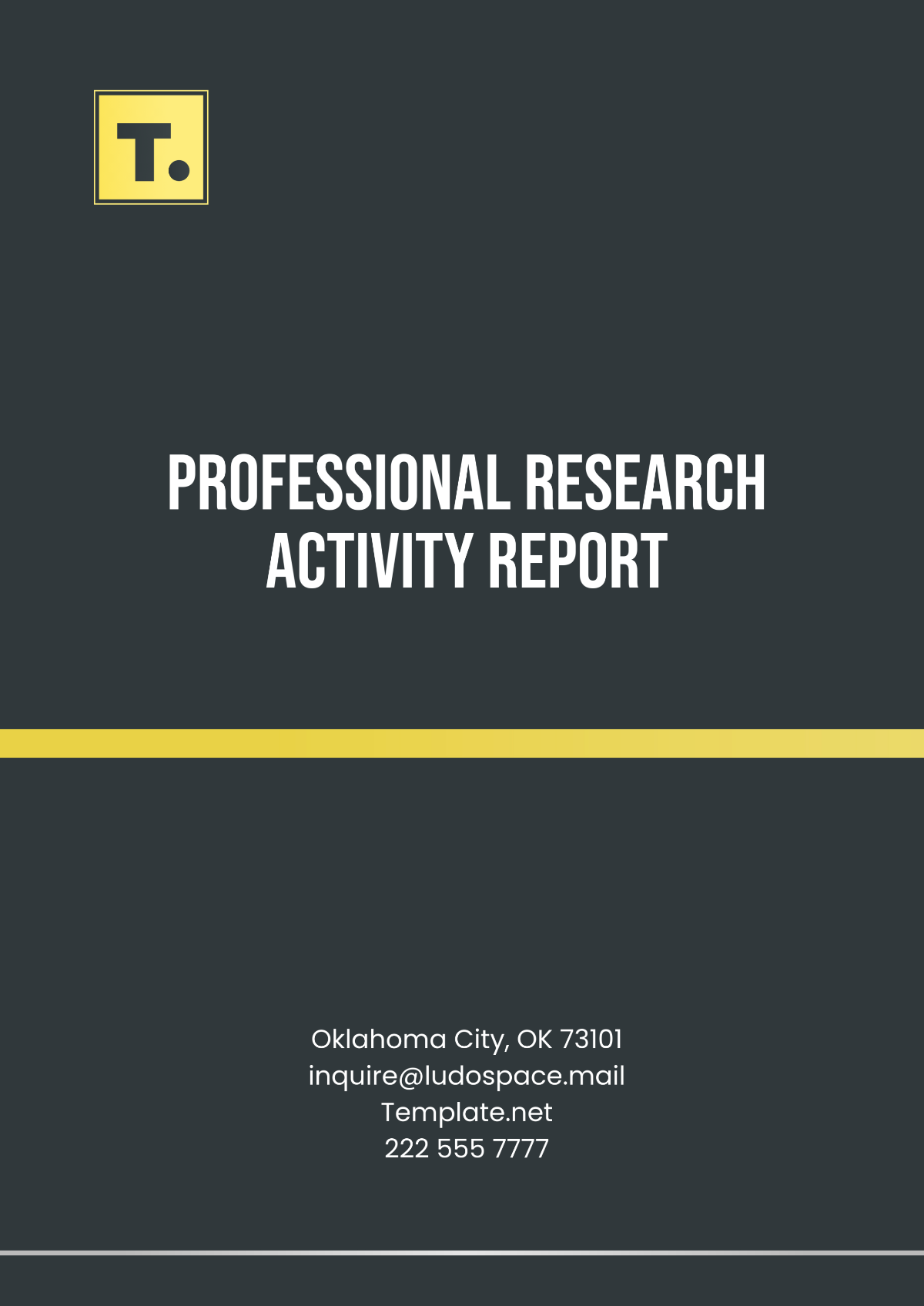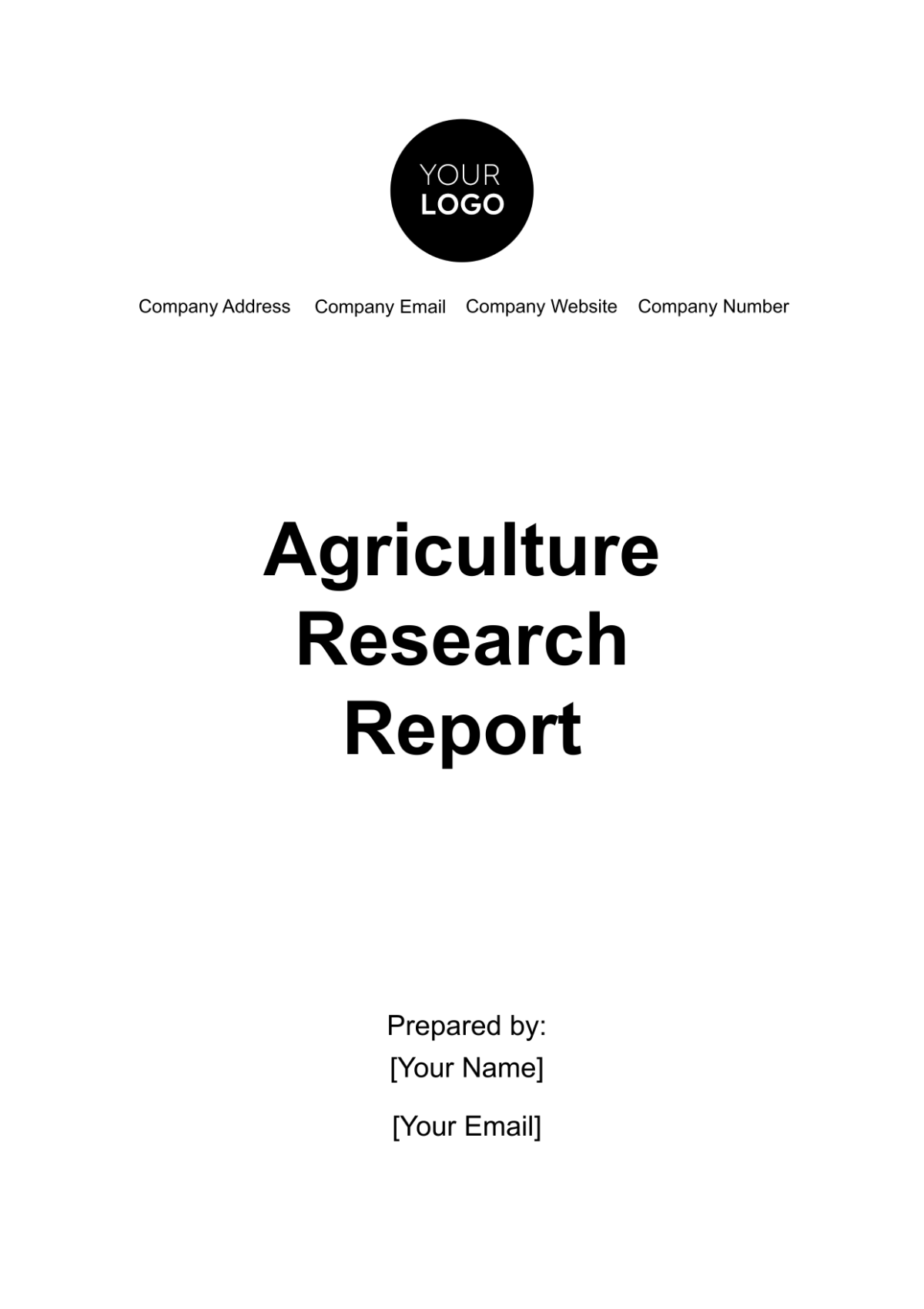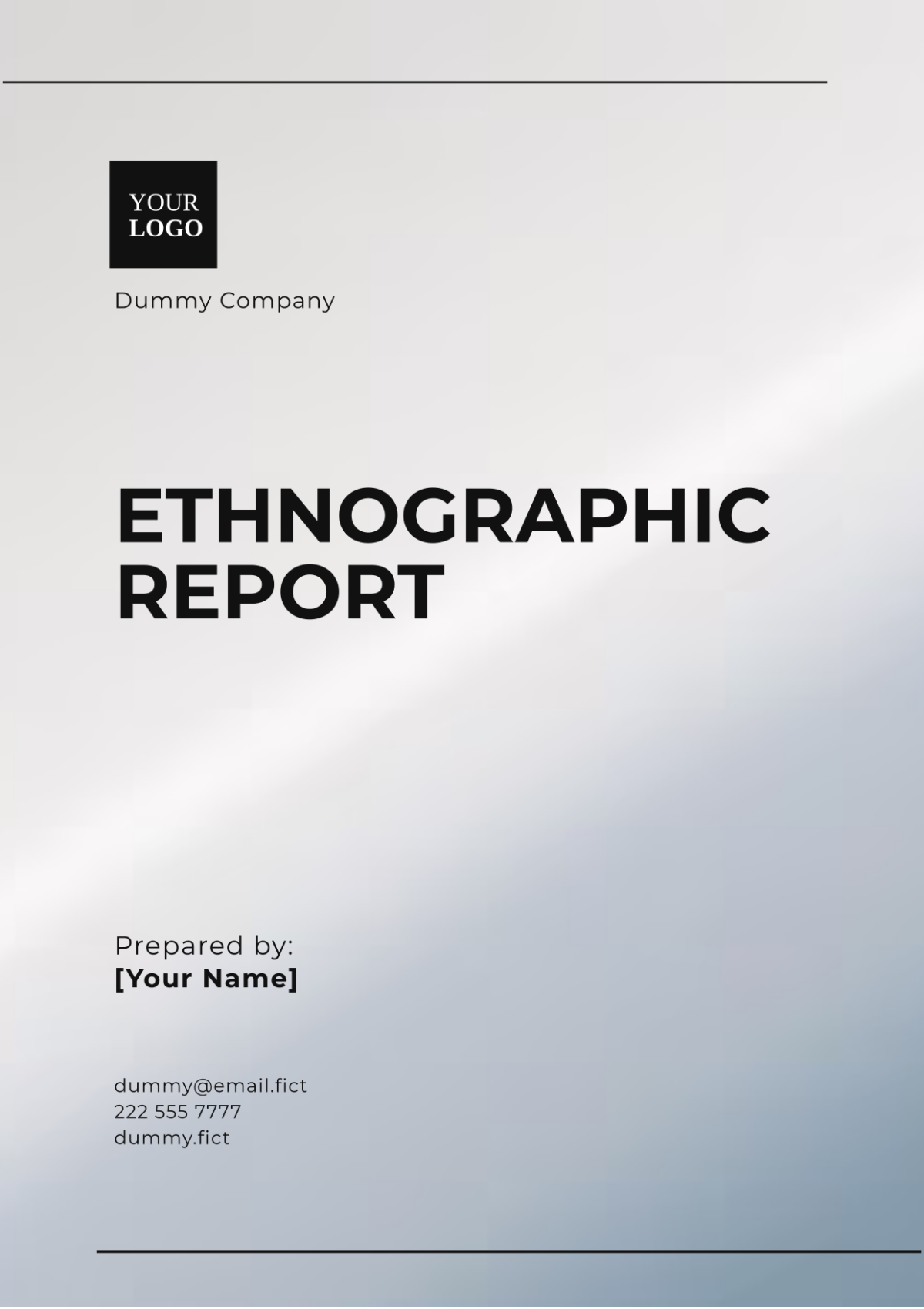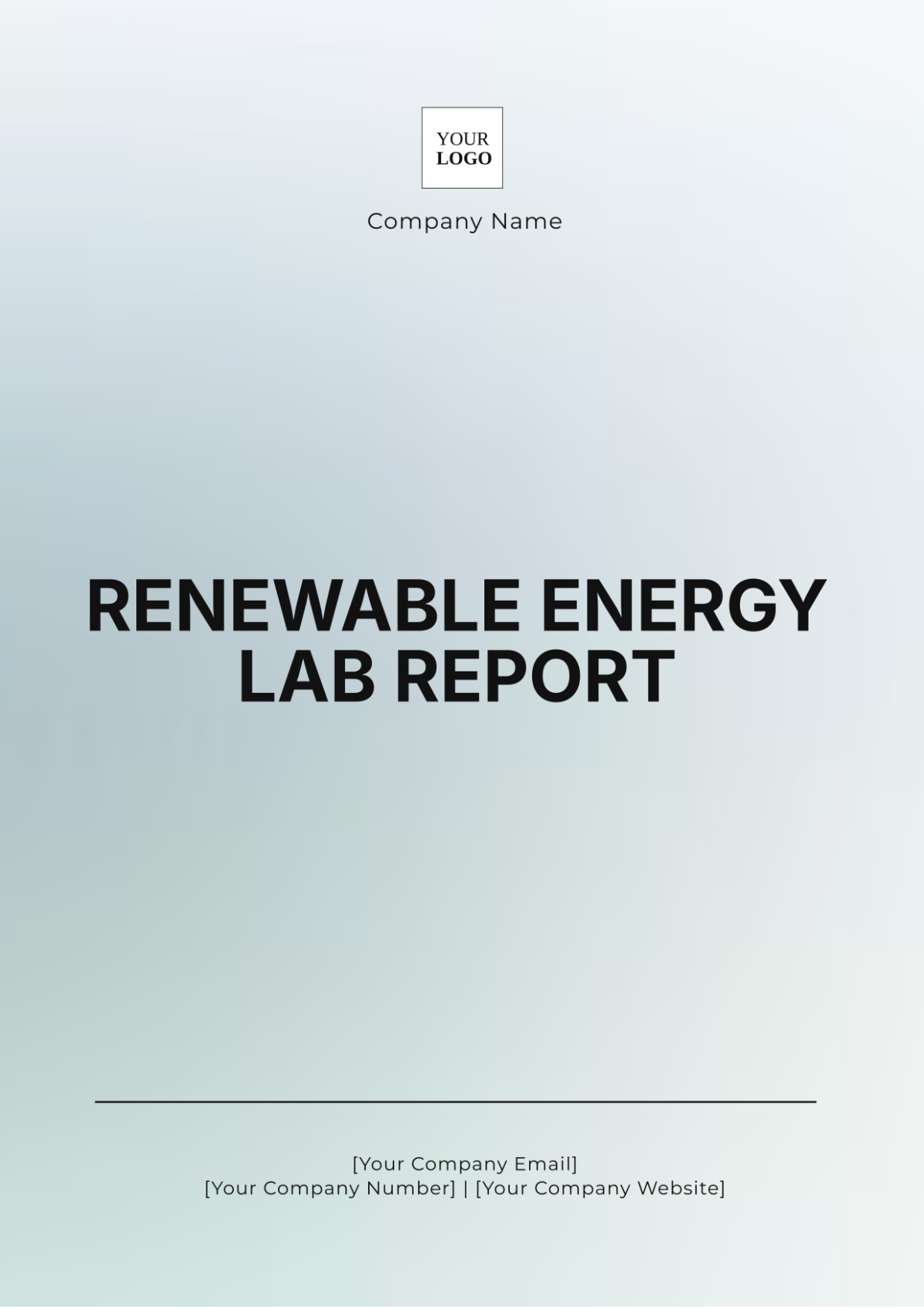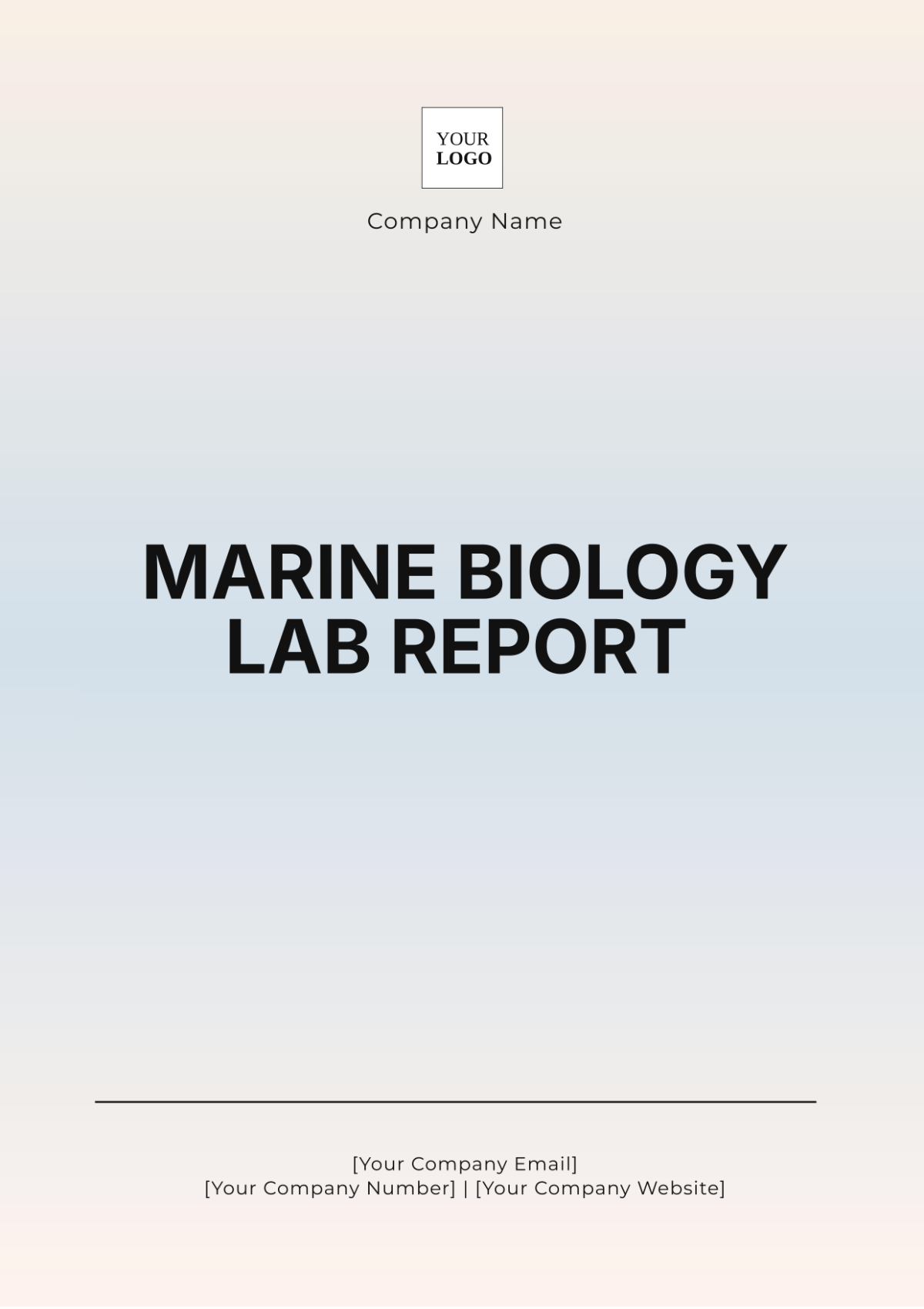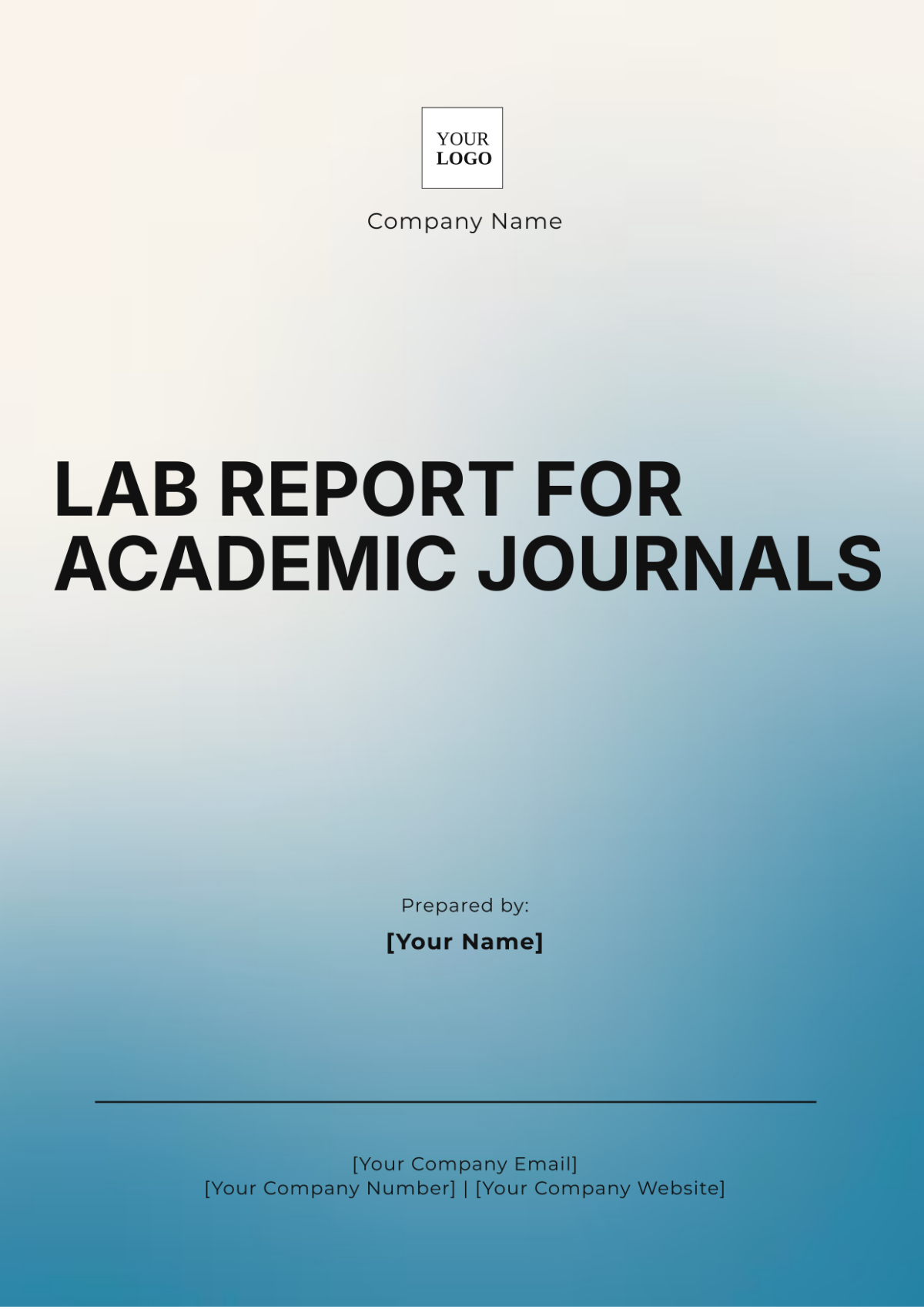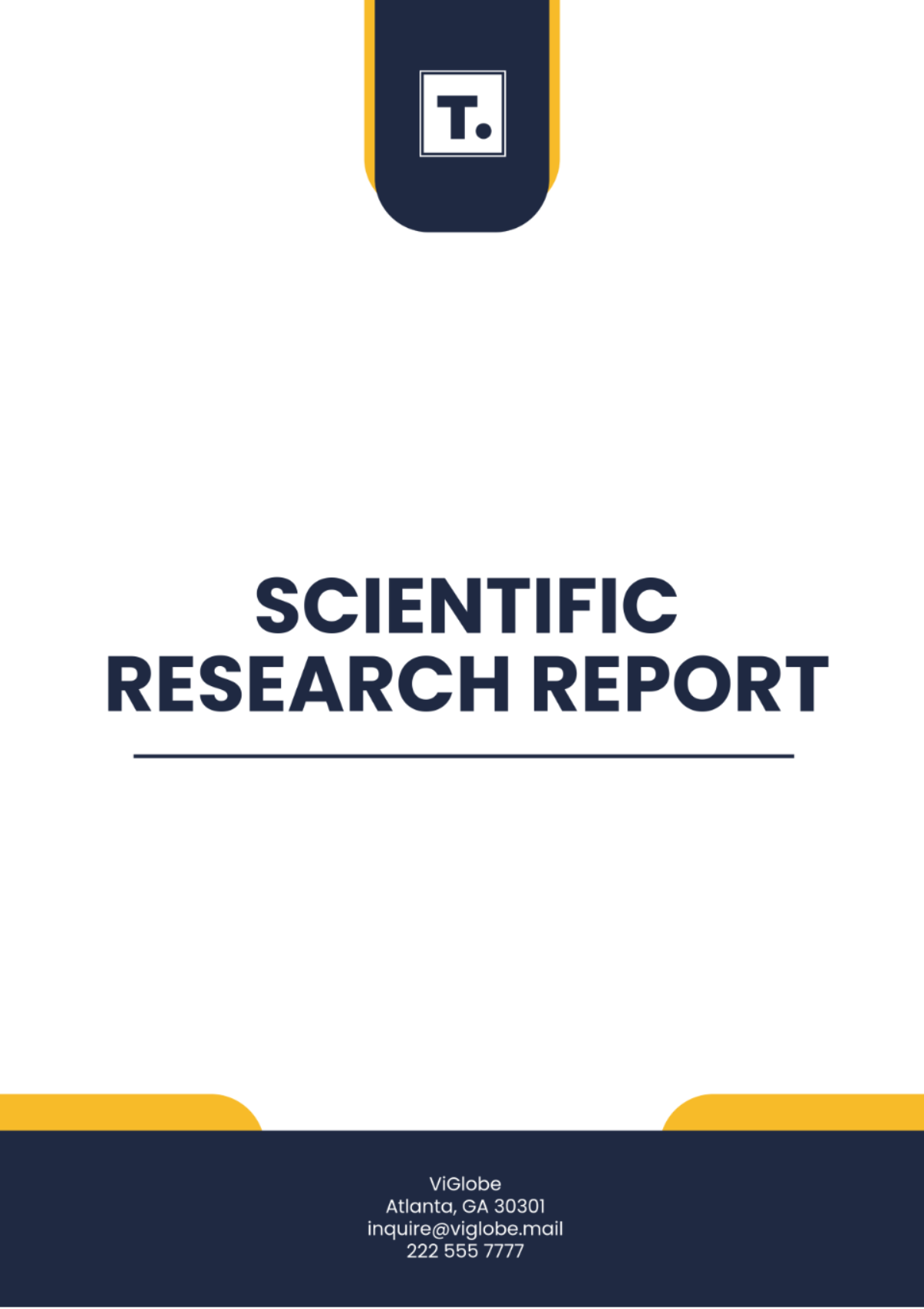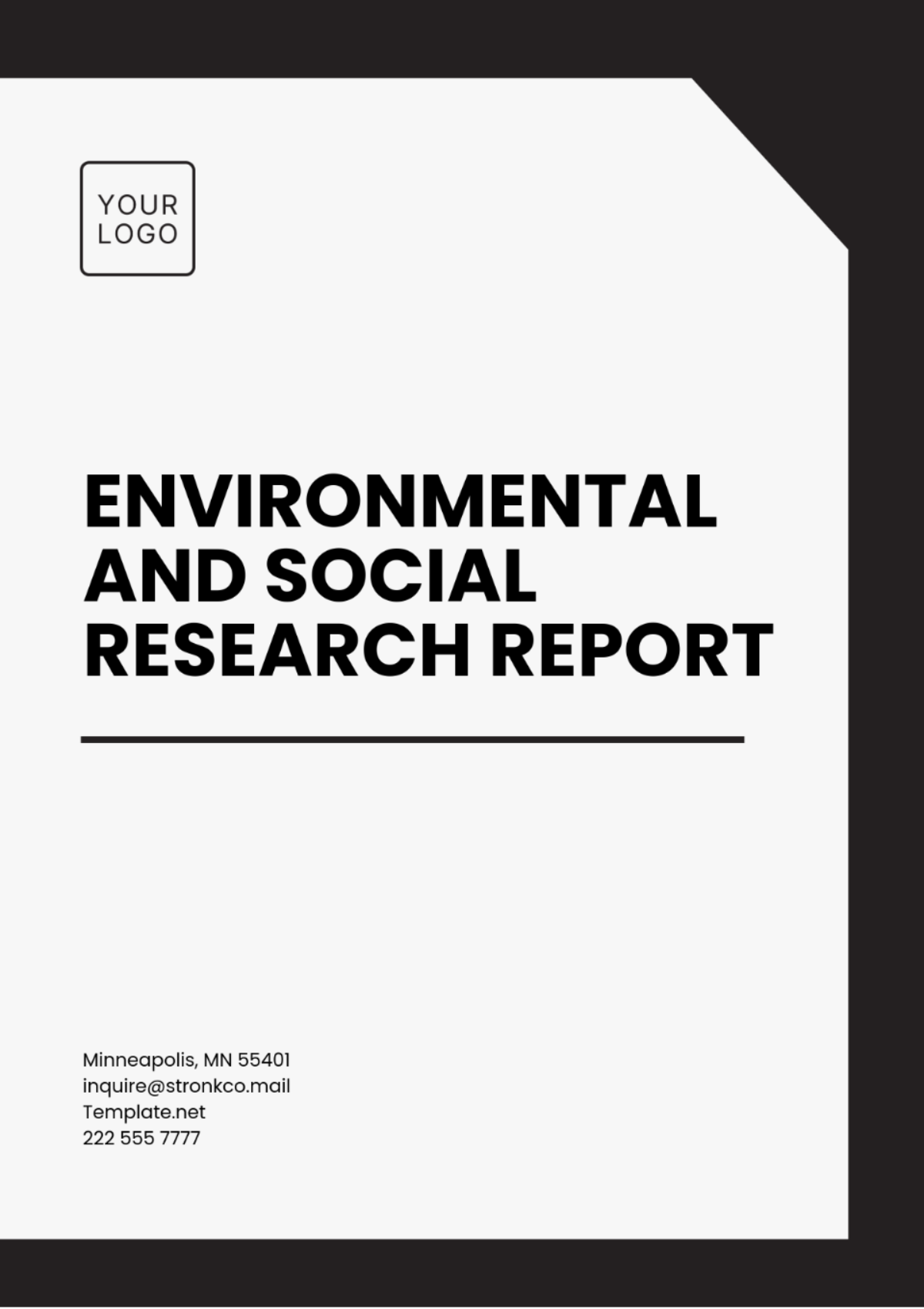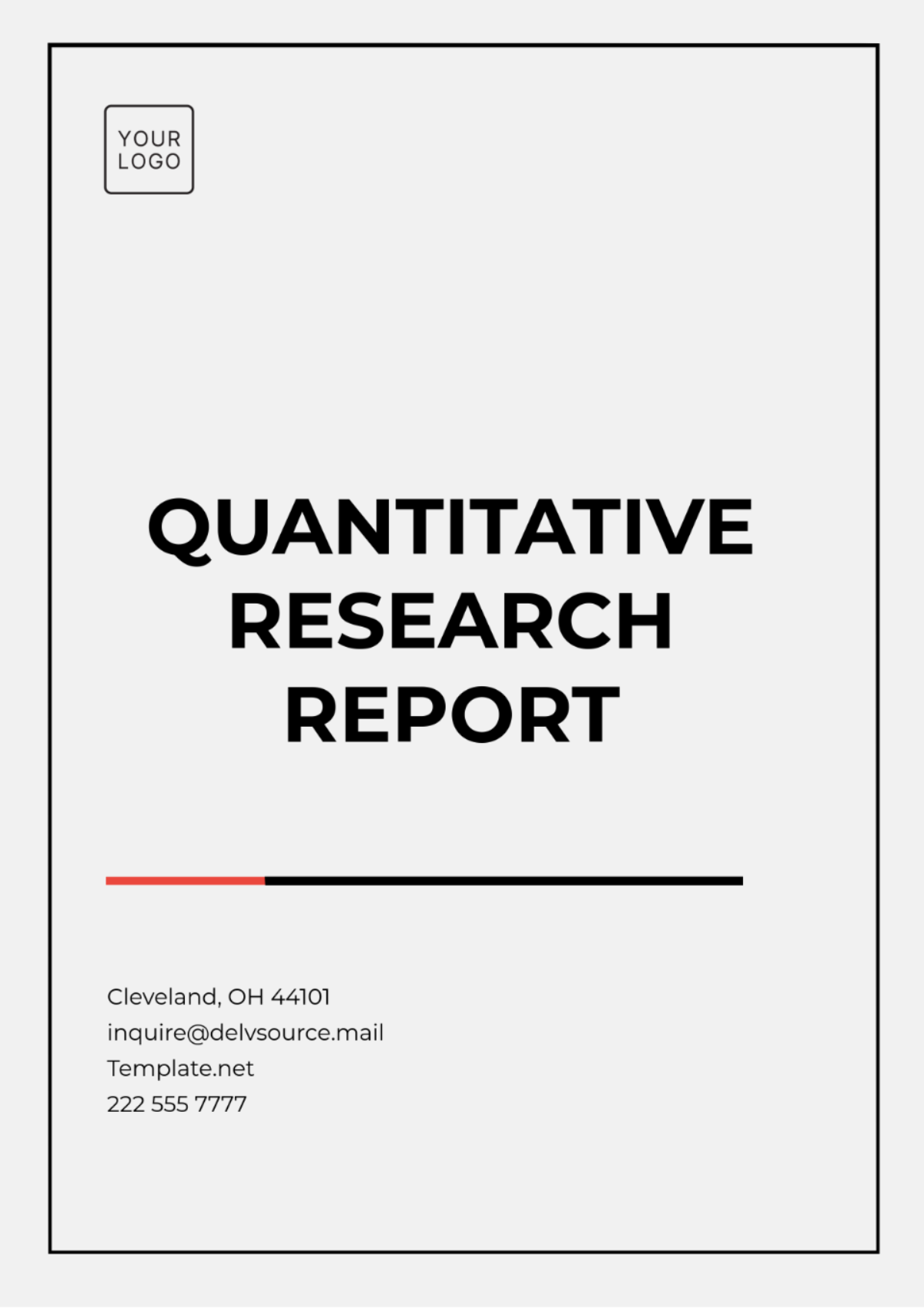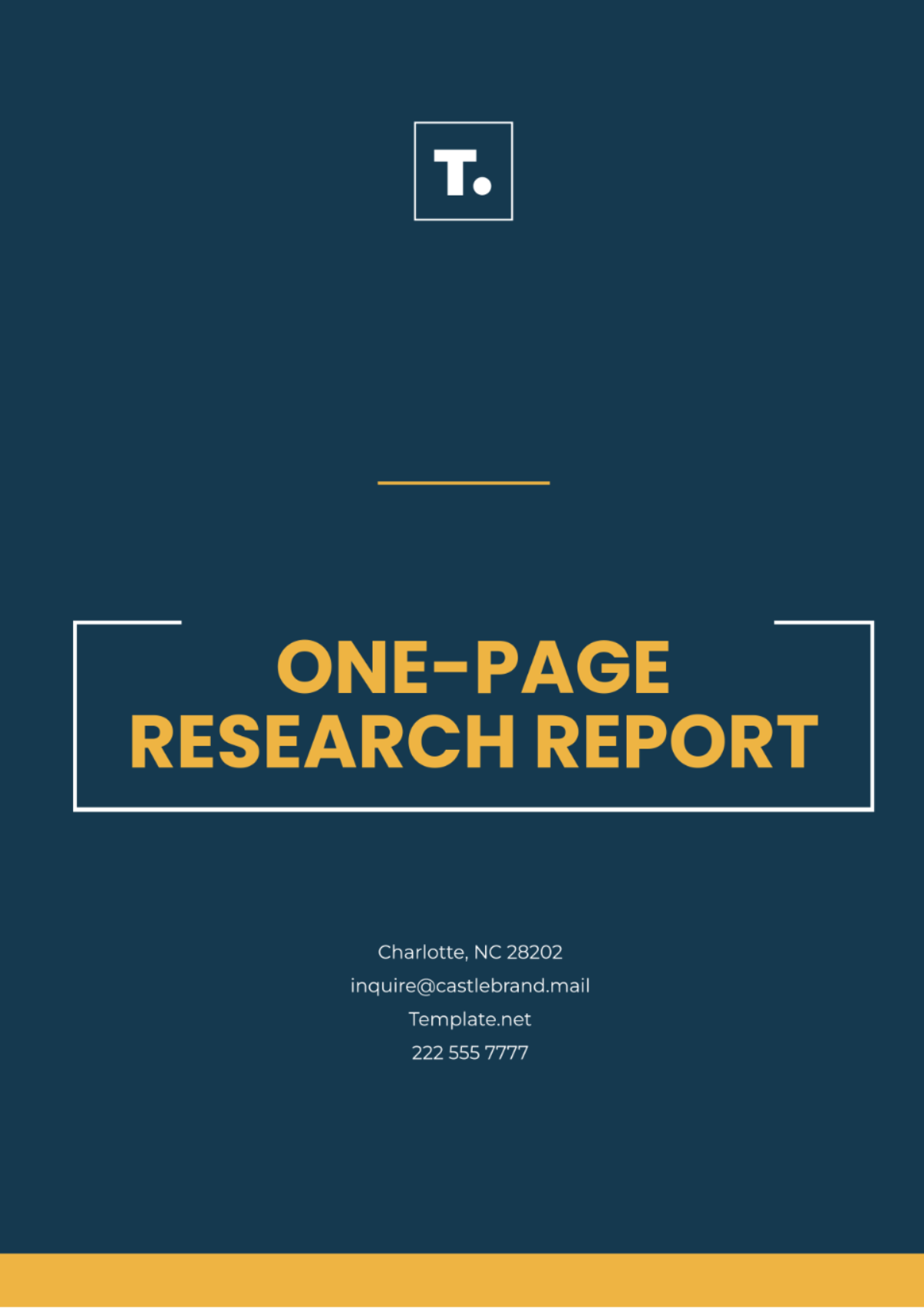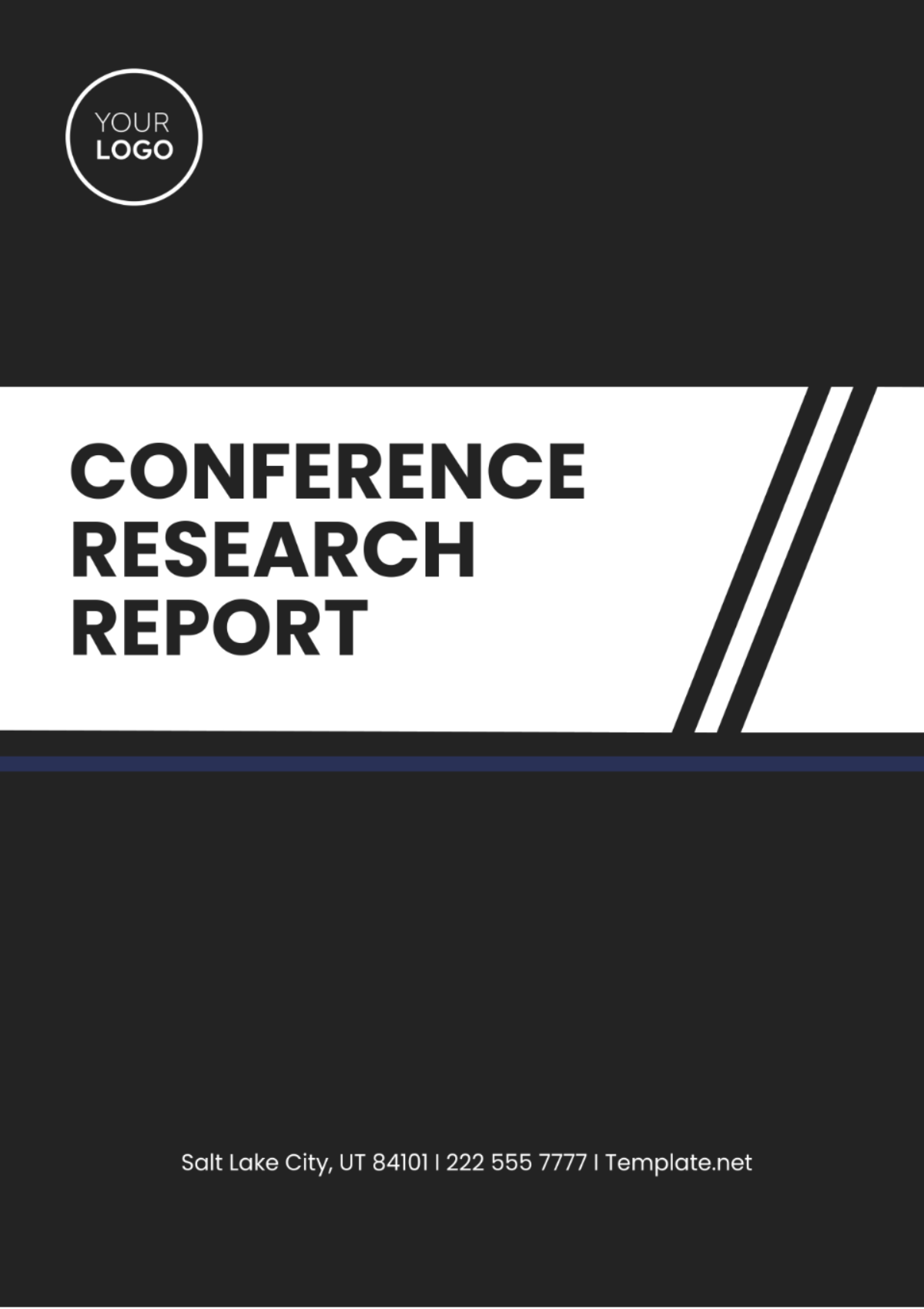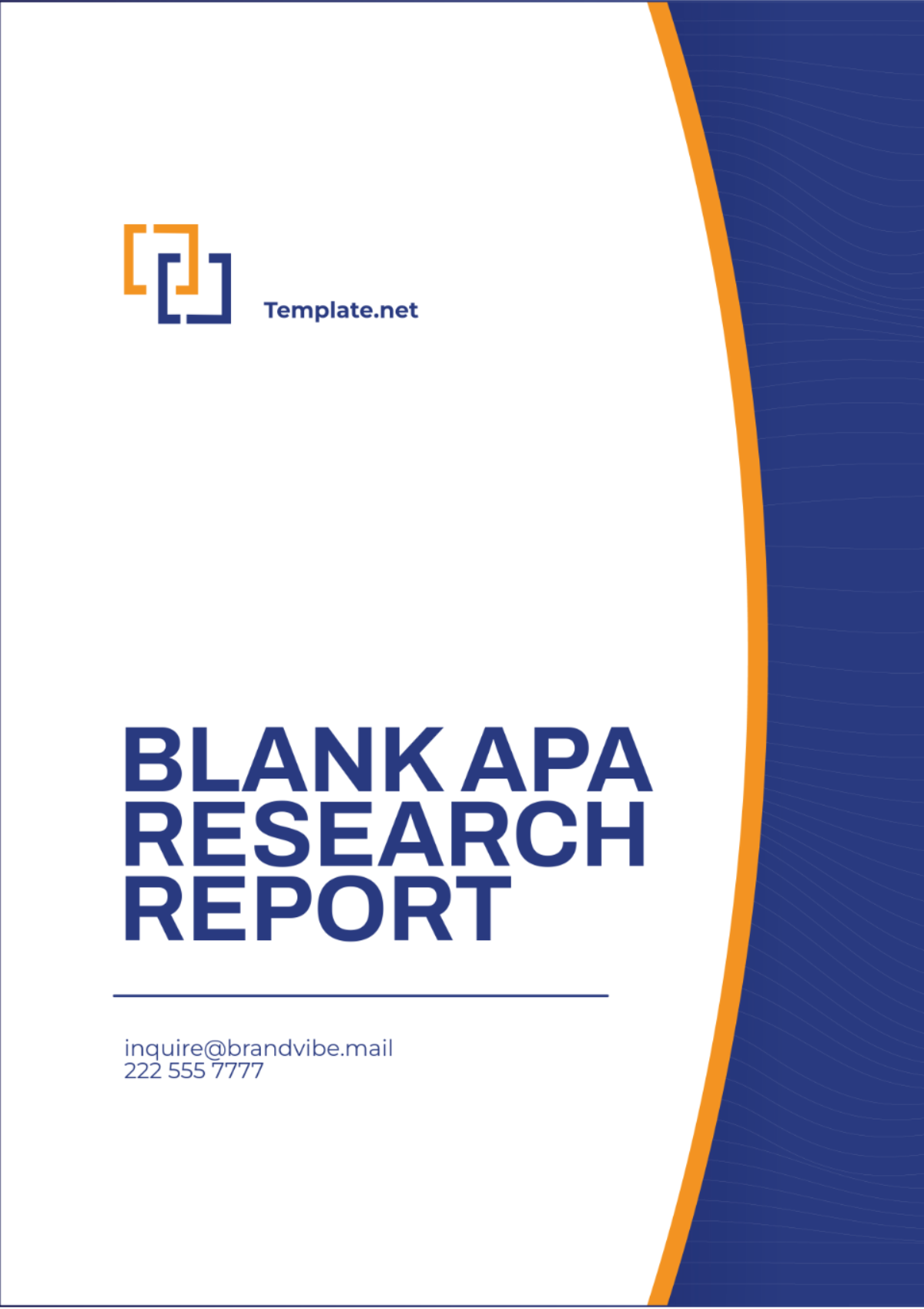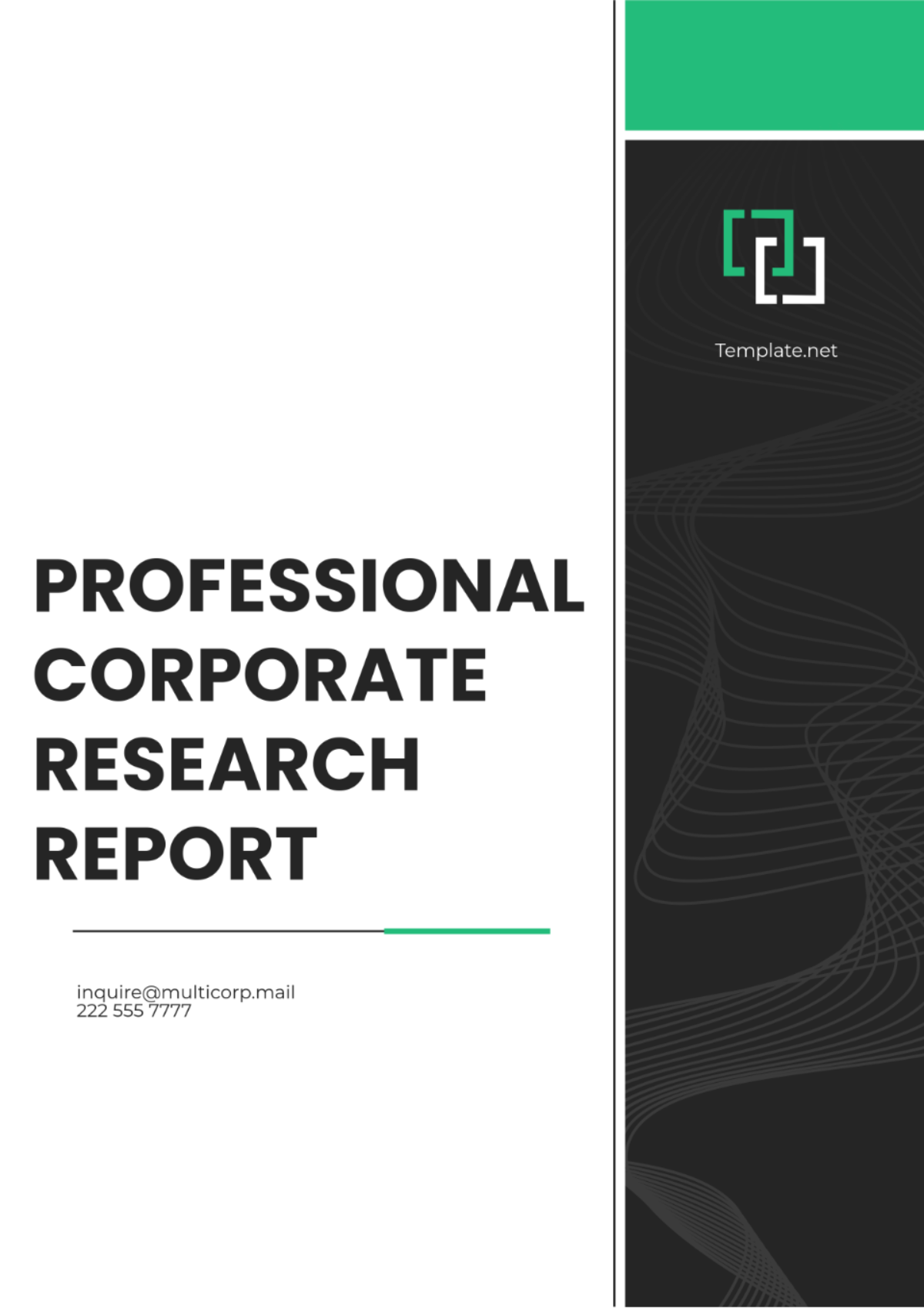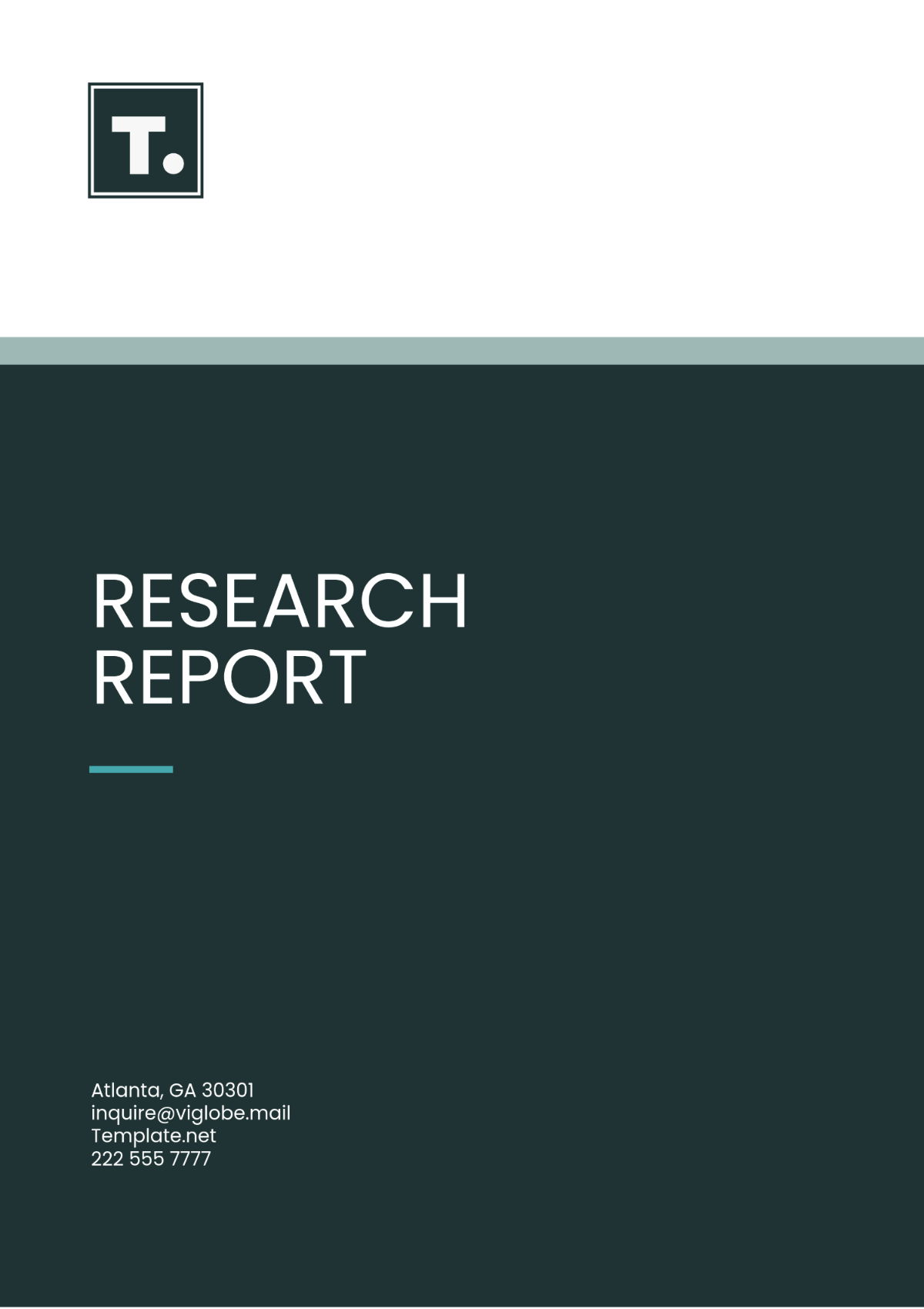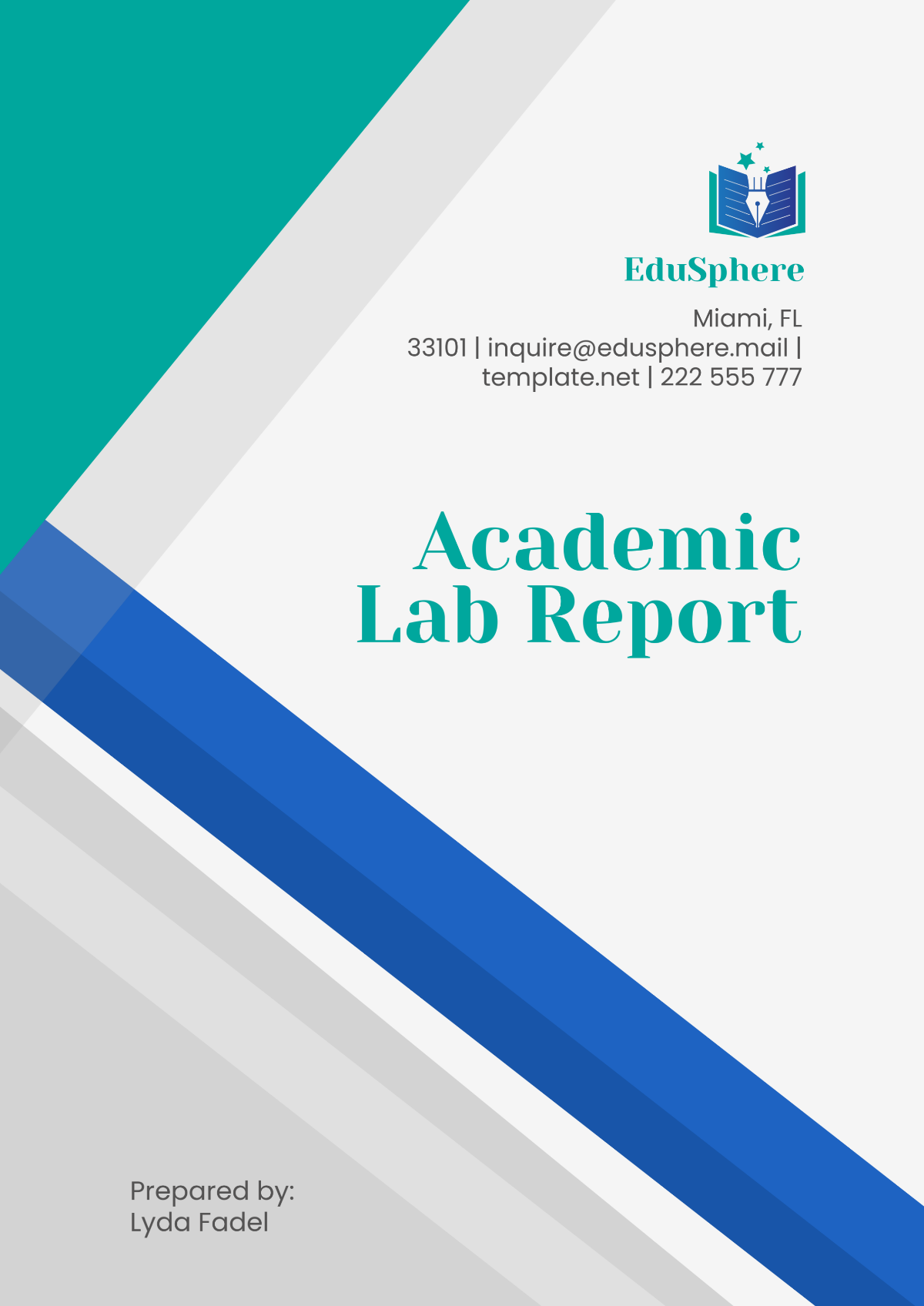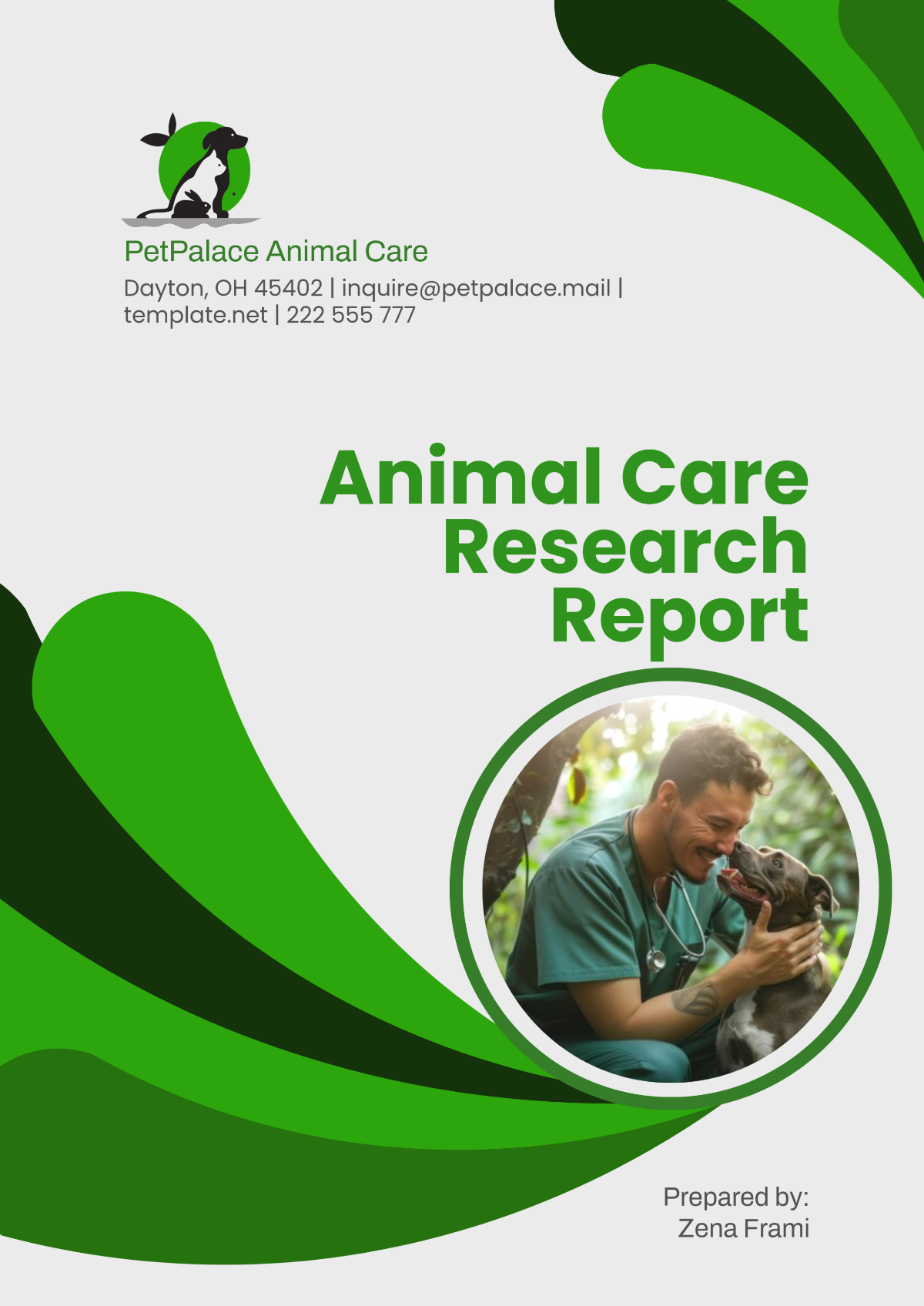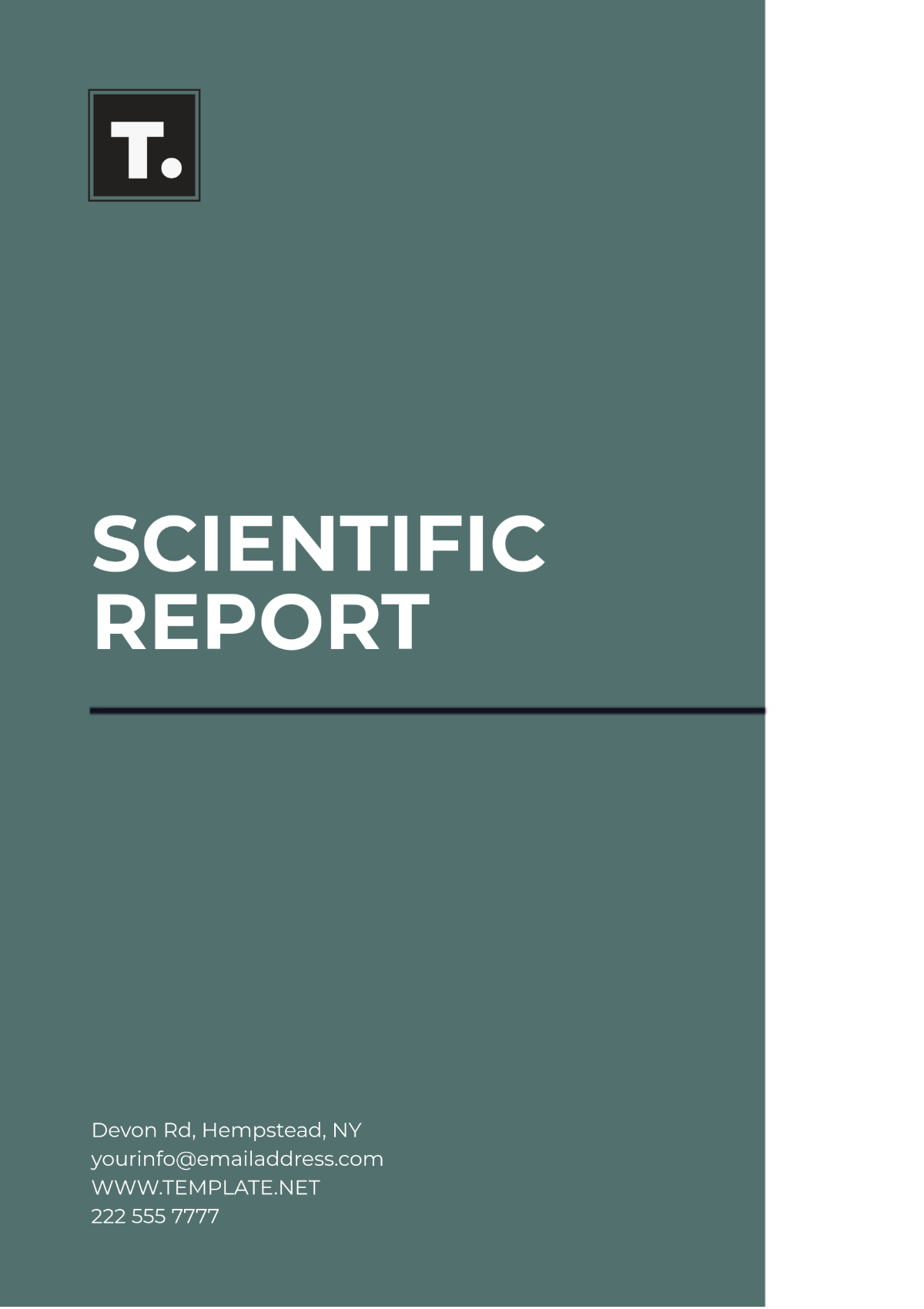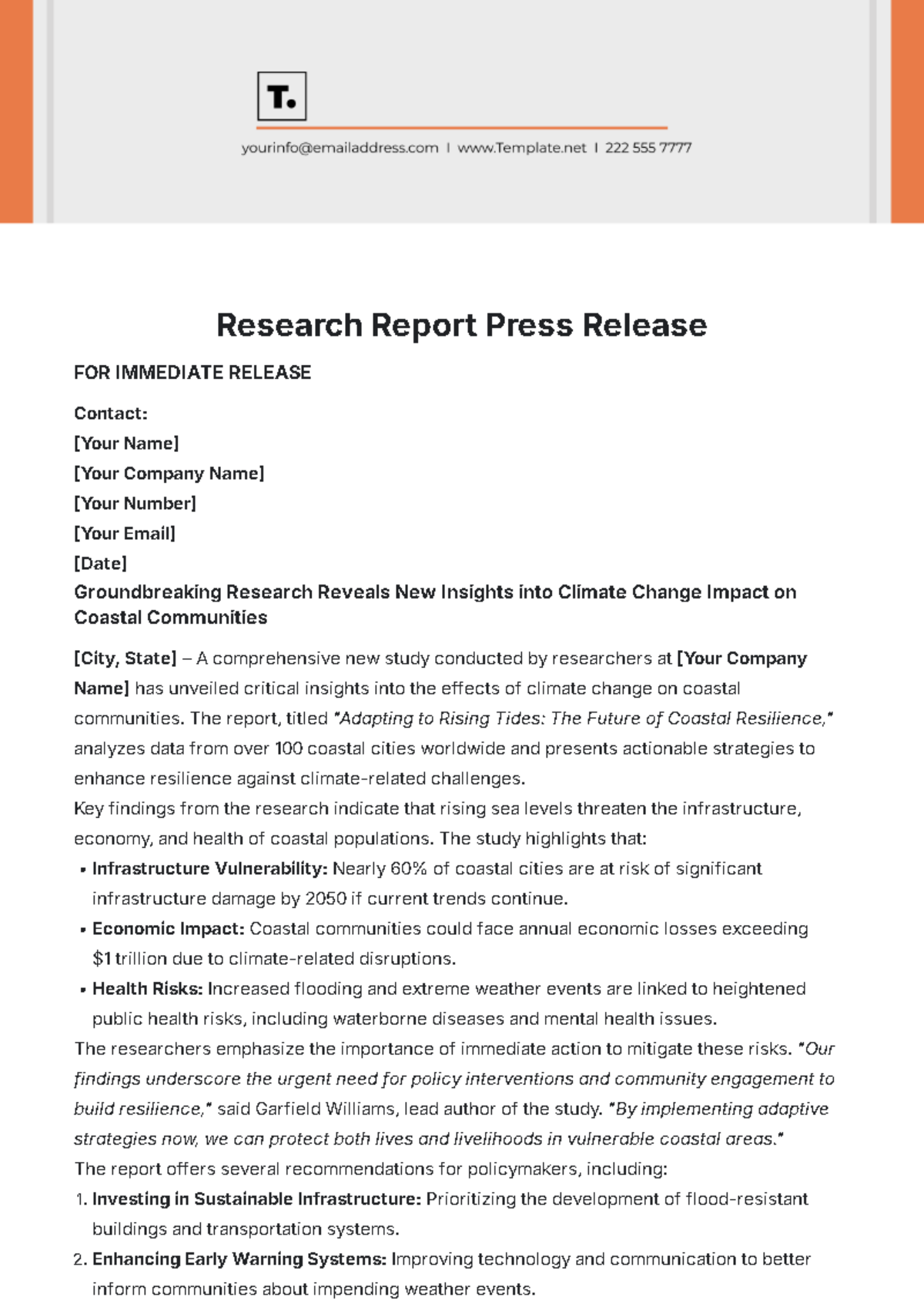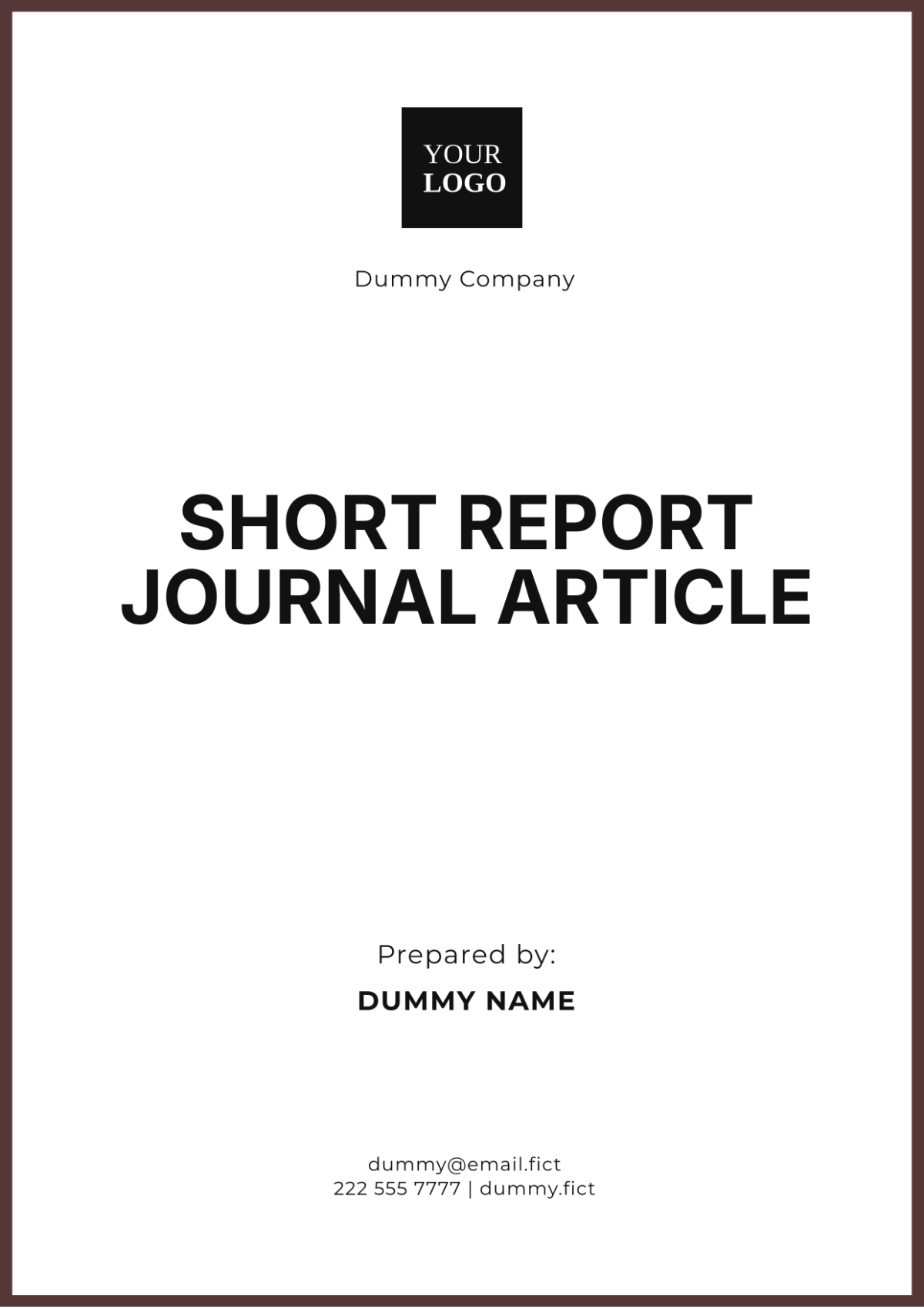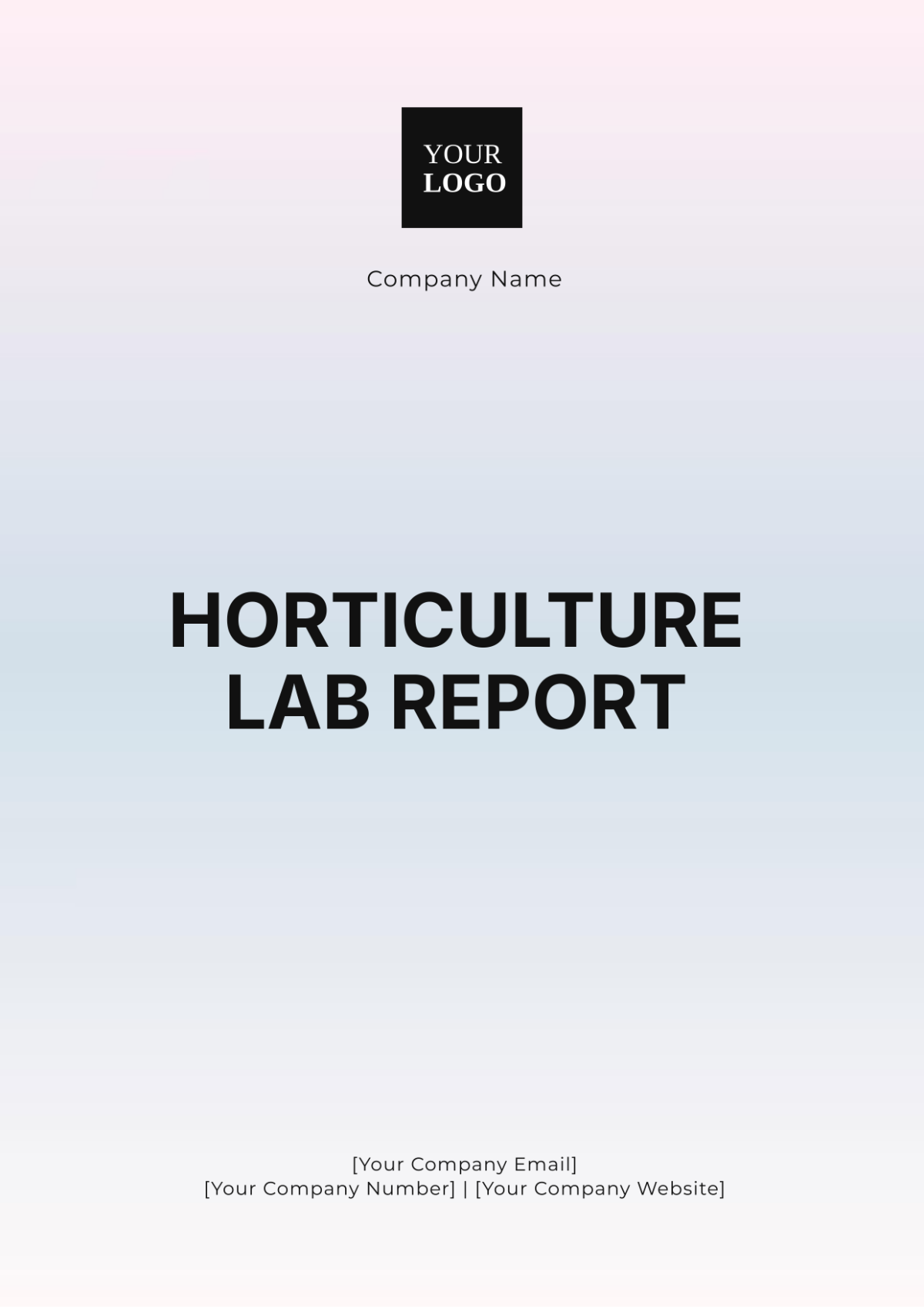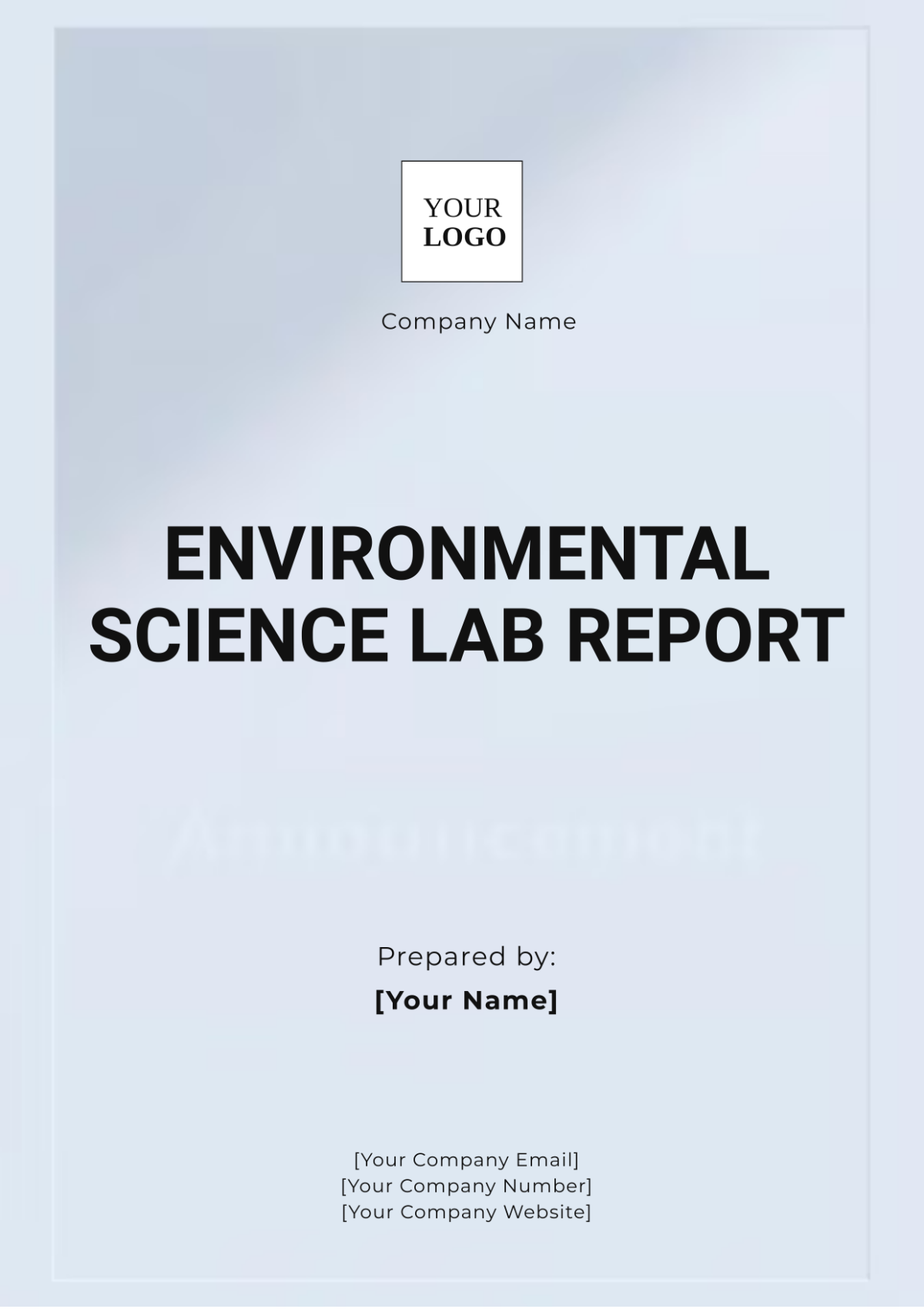Research Project Design Field Report
Prepared by: [Your Company Name]
Date: October 21, 2052
I. Introduction
This research project design field report presents a comprehensive account of the observations, data, and analysis conducted during our field study in the rapidly urbanizing locality of Greenfield. The primary objective of this research was to examine the environmental impacts of urban expansion on local ecosystems, with a particular focus on biodiversity loss and pollution levels. The report is structured to provide a detailed overview of the methodology employed, data collection techniques used, and the subsequent findings derived from the study. Through this investigation, we aim to contribute meaningful insights into sustainable urban planning and environmental conservation efforts in the region.
II. Methodology
A. Research Design
The research was designed as a mixed-methods study, integrating both qualitative and quantitative approaches to ensure a comprehensive understanding of urban expansion’s ecological impacts. This hybrid design allowed us to explore not only statistical correlations but also community perceptions and expert opinions regarding environmental changes.
B. Study Area
The fieldwork was conducted in Greenfield, a locality experiencing rapid urbanization since 2050. Greenfield is known for its diverse ecosystems, which include wetlands, forests, and grasslands, all of which are under increasing pressure from urban infrastructure development. The site was selected due to its proximity to both natural habitats and expanding industrial zones, providing a critical case study for analyzing human-environment interactions.
C. Sampling Methods
We employed stratified random sampling to ensure proper representation across various zones affected by urban development. Zones included residential, industrial, and fringe areas bordering natural ecosystems. The sample size of 150 was determined through preliminary ecological surveys and statistical power analysis to ensure the reliability of our findings. A temporal sampling approach was also adopted, with data collected at multiple intervals between 2050 and 2052, to track changes over time.
III. Data Collection
A. Qualitative Data
Qualitative data was collected through a series of in-depth interviews and focus group discussions. Interviews were conducted with residents, environmental scientists, city planners, and conservationists. The focus group discussions involved community leaders and advocacy groups working on environmental conservation. This qualitative approach provided rich insights into local perceptions of urban expansion, concerns about environmental degradation, and the socio-economic impacts of these changes on livelihoods.
B. Quantitative Data
Quantitative data was gathered through field surveys, ecological assessments, and environmental monitoring. A total of 150 sites across Greenfield were surveyed, covering biodiversity counts, air quality indices, water pollution levels, and soil contamination. Advanced environmental sensors and remote sensing technology were employed to measure pollution levels, while biodiversity was assessed through both direct species counts and camera traps. The data were logged into a geo-spatial database for further analysis.
Sample Data:
Site ID | Biodiversity Count | Pollution Index |
|---|---|---|
1 | 58 | Moderate |
2 | 34 | High |
3 | 62 | Low |
4 | 21 | Very High |
5 | 47 | Moderate |
IV. Analysis
The data collected was analyzed using statistical software (R and Python), with both descriptive and inferential statistics applied to assess the relationship between urban expansion and ecological health.
A. Quantitative Data Analysis
Regression analysis was performed to examine the correlation between urban development intensity (measured by infrastructure density and land use changes) and local biodiversity. Results indicated a strong negative correlation, with higher urbanization levels leading to significant biodiversity loss, especially in zones closest to industrial developments. Air and water pollution levels were also found to be higher in areas with dense urban infrastructure, contributing to the overall decline in ecosystem health.
B. Qualitative Data Analysis
The qualitative data was coded using NVivo software, where recurring themes such as community concerns about pollution, fear of displacement, and loss of natural resources were identified. Thematic analysis revealed a pattern of growing discontent among residents, particularly those dependent on local ecosystems for livelihoods, such as farmers and fishers.
V. Discussion
A. Interpretation of Findings
The results of this study highlight a clear link between urban expansion and declining biodiversity in Greenfield. High pollution levels, particularly air and water contaminants, were associated with a marked reduction in species richness. Additionally, the qualitative findings suggest a growing awareness among the local population about the environmental costs of unchecked urban growth, with many expressing concerns over the depletion of natural resources and the disappearance of native wildlife.
B. Implications
These findings underline the urgent need for policy interventions aimed at mitigating the environmental impacts of urban expansion. Urban planners must prioritize green spaces, pollution control measures, and conservation zones to ensure a balance between development and environmental sustainability. Furthermore, education and community engagement should be promoted to enhance public awareness and foster collaboration between citizens, planners, and policymakers.
VI. Conclusion
In conclusion, this field report provides a critical analysis of the environmental impacts of urban expansion in Greenfield, highlighting the significant threats posed to biodiversity and ecological health. The mixed-methods approach used in this study has allowed us to gather robust, actionable insights, making the case for immediate intervention to prevent further ecological damage. Moving forward, it is recommended that continuous monitoring be conducted to assess long-term ecological trends and that sustainable urban development frameworks be implemented to protect the area’s rich natural heritage.
VII. References
Smith, J.A. (2050). Urban Expansion and Biodiversity. Journal of Environmental Studies.
Brown, L., & Green, D. (2051). The Impact of Urbanization on Ecosystems. Urban Ecology Press.
World Health Organization. (2051). Air Quality Standards and Urban Health. WHO Publications.
Turner, M. (2050). Sustainable Urban Development: A Guide for Planners. Global Green Publications.
